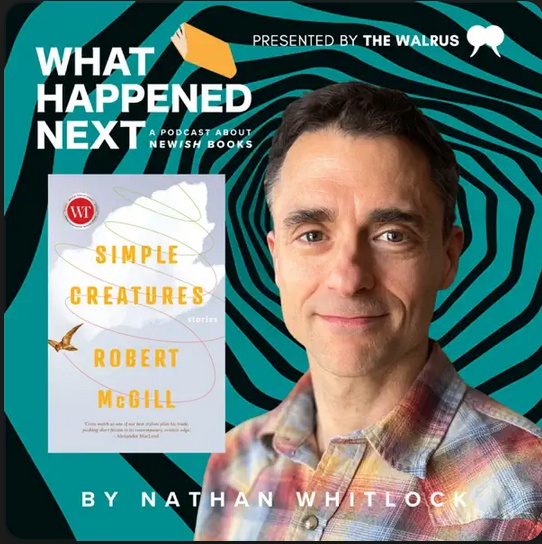
What Happened Next
It was a delight to talk about Simple Creatures and the writing life as a guest on the What Happened Next podcast with host Nathan Whitlock. The episode can be found here.
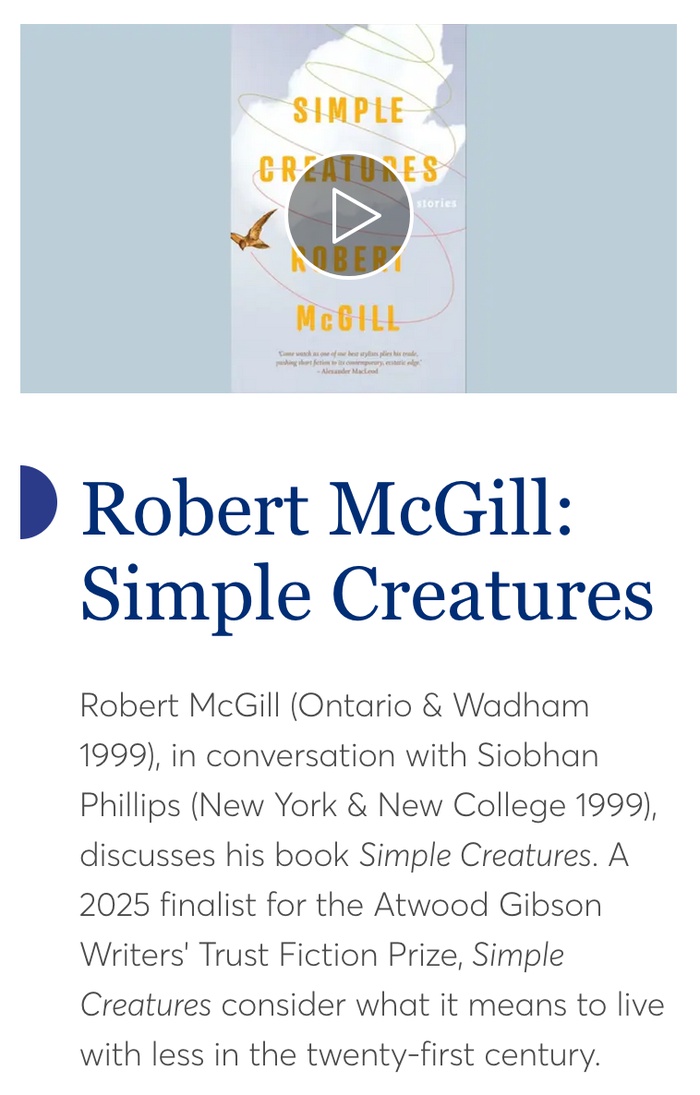
Rhodes Trust Scholars' Library Series
I recently had the pleasure of speaking about Simple Creatures with novelist Siobhan Phillips as part of the Rhodes Trust's Scholars Library Series. The interview can be viewed here.
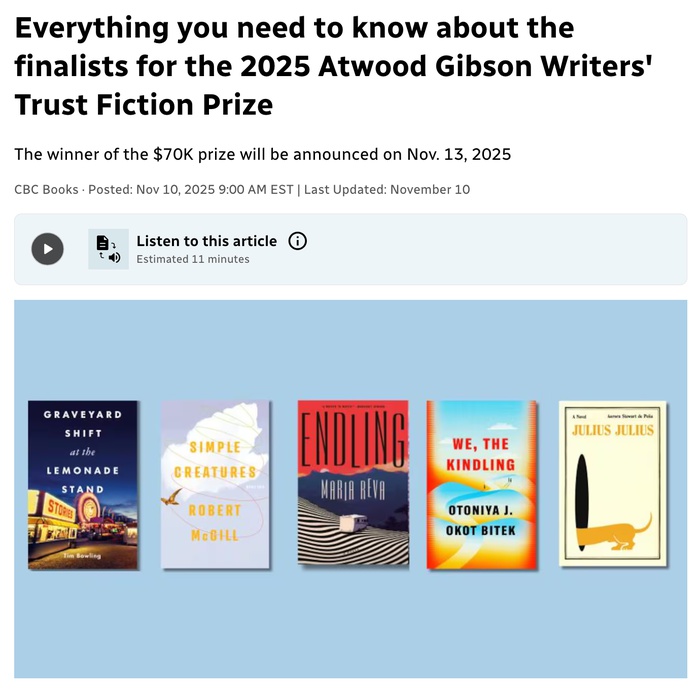
Atwood Gibson Writers' Trust Fiction Prize Finalists Profiled
CBC Books has published a profile of the finalists for the 2025 Atwood Gibson Writers' Trust Fiction Prize. I'm honoured to be among such fine company; the other finalists' books are terrific.
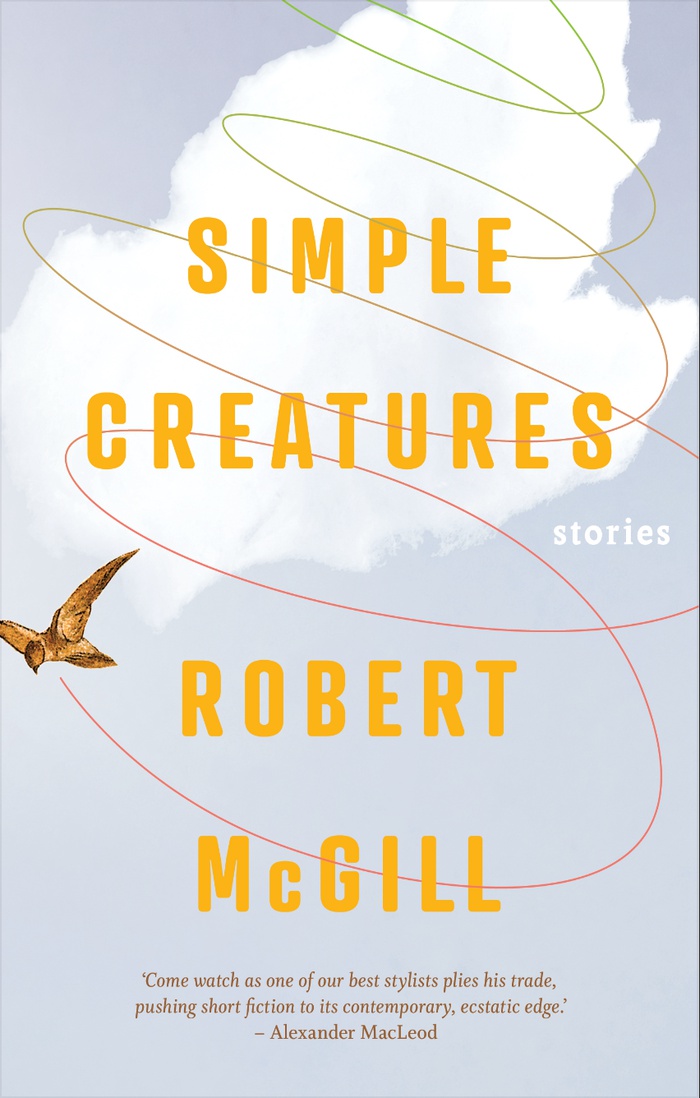
Simple Creatures Shortlisted for the Atwood Gibson Writers' Trust Fiction Prize
I'm honoured and grateful that Simple Creatures has been named a finalist for the 2025 Atwood Gibson Writers' Trust Fiction Prize. Congratulations to all the other shortlisted authors.
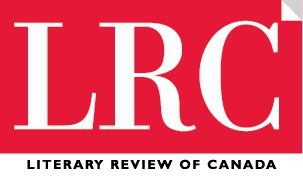
"Namesake" in Literary Review of Canada
An article that I wrote about my relationship of thirty years with the stories of Alice Munro has just been published in Literary Review of Canada. Read it here.

Interview in The Toronto Star
Jean Marc Ah-Sen's capsule review of Simple Creatures and interview with me appeared in yesterday's print edition of the Toronto Star, and the article is now available online. Read it here.
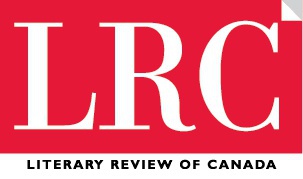
Review of Journey: Celebrating the Journey Prize; Selected Stories 1989–2023
The thirty-fifth anniversary of the Journey Prize (for short fiction by emerging Canadian writers) has been marked with a new anthology edited by Alexander MacLeod and Souvankham Thammavongsa. Read my review of it here.

Perfect Gifts for Writers
Lindsay Zier-Vogel at Open Book asked Farzana Doctor, Taslim Jaffer, and me to identify what we consider a perfect gift for the writer in one's life. Read our responses here.
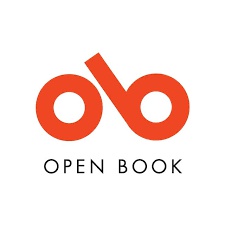
Open Book Interview
Another interview about Simple Creatures (with thanks to Open Book)! In this one, I talk about arguing with Margaret Atwood through a title choice, and I tackle the question of whether I've ever been reincarnated as a chimp. Read the interview here.
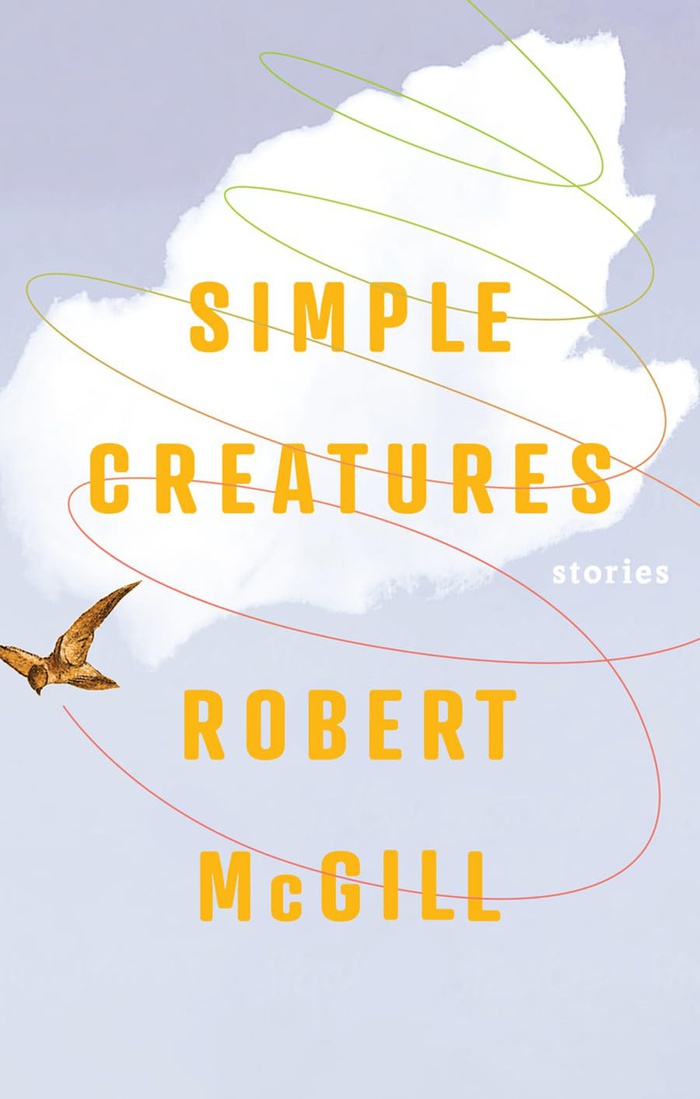
Simple Creatures Interview
It was a pleasure to be interviewed about Simple Creatures by Sean McNeely for the University of Toronto's A&S News. You can read the article here.

The Walrus Names Simple Creatures a Top 10 Book of Fall 2024
The Walrus has named Simple Creatures one of the top ten books of the autumn. They write: "It’s hard not to be charmed by the short stories in Simple Creatures, especially with cheeky titles like 'Your ASMR Boyfriend Addresses the Climate Crisis.' Though some pieces are traditional in nature, others deploy left-field structures, like a YouTube narration or puppy training advice. For all the experimentation, humour, and nods to online life, at their core, McGill’s stories are grounded in human feeling—our yearnings, our anxieties, our obsessions, and our relationships with each other. Thanks to this deft balancing act, a story written as a high school report about Bigfoot ends up being weirdly, wonderfully moving."
View the list here.
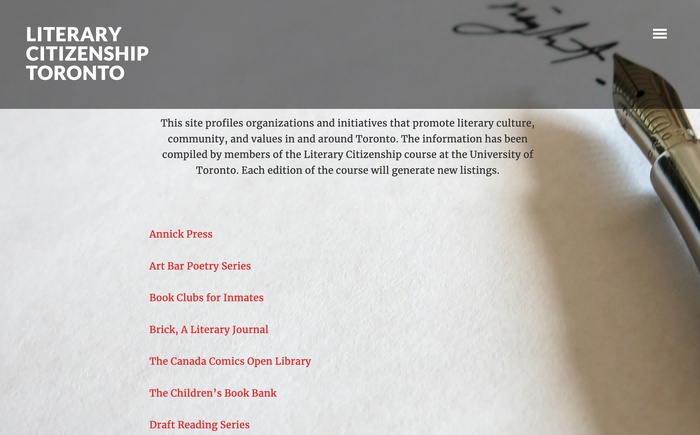
Literarycitizenshiptoronto.com
I'm proud of and grateful to the students in my Literary Citizenship course at the University of Toronto this term who contributed new entries for literarycitizenshiptoronto.com, a website created for the course a few years ago that profiles literary organizations in Toronto.
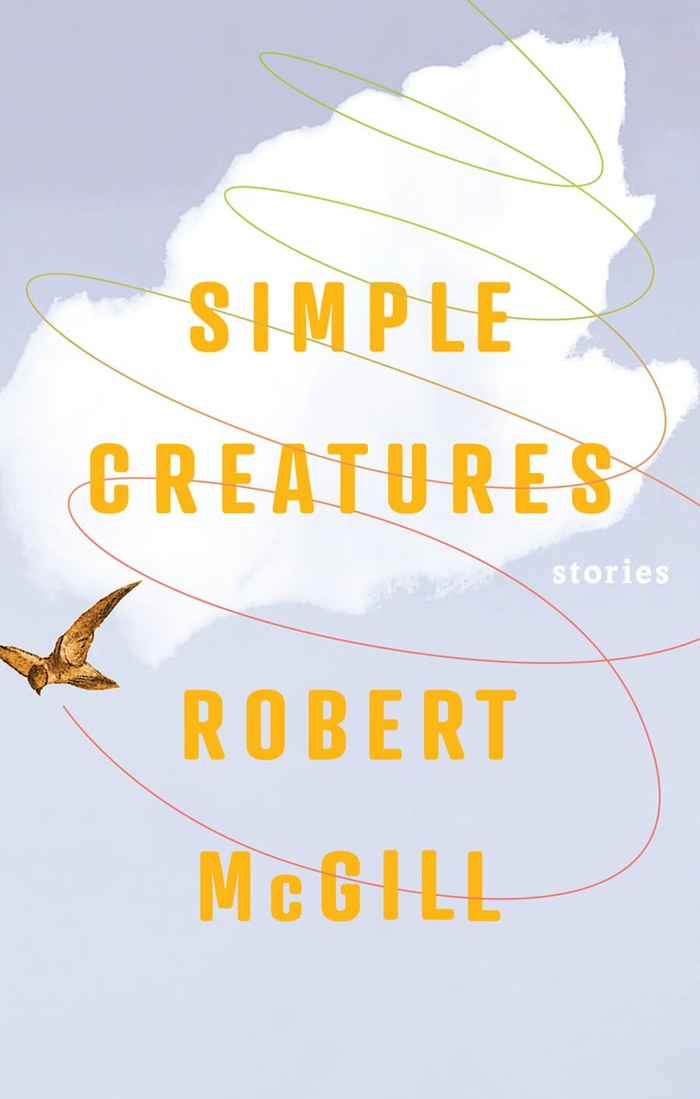
Simple Creatures in October 2024
I'm delighted to announce that Oct 8, Coach House Books will be publishing my first short fiction collection, Simple Creatures. Read more about the book here.
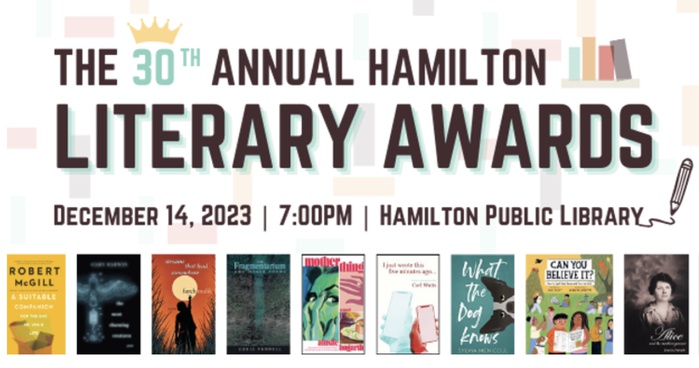
Hamilton Literary Awards
A Suitable Companion for the End of Your Life has been shortlisted for a Hamilton Literary Award. Congratulations to all the nominees! See the list here.
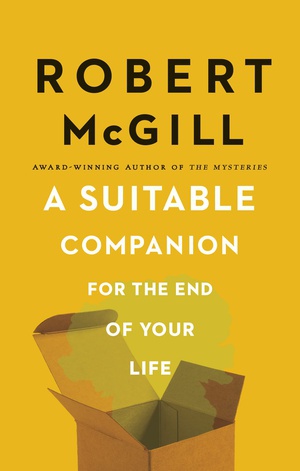
Film Rights for A Suitable Companion for the End of Your Life
I'm very happy to share the news that the film rights for my novel A Suitable Companion for the End of Your Life have gone to the production company Too Many Words. Here's to all good things for them as they work to bring an adaptation of the book to the screen.
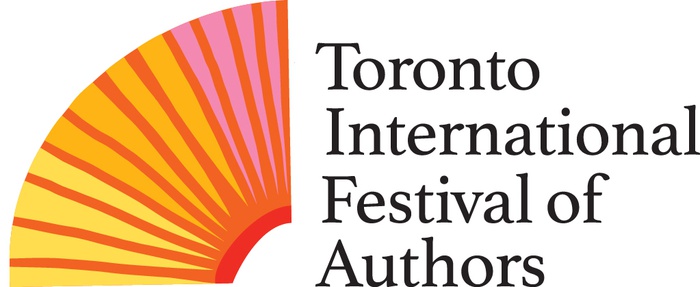
Toronto International Festival of Authors
It will be a delight to speak with Tomas Hachard and Catherine Leroux at the Toronto International Festival of Authors on September 30. Details of the event can be found here.
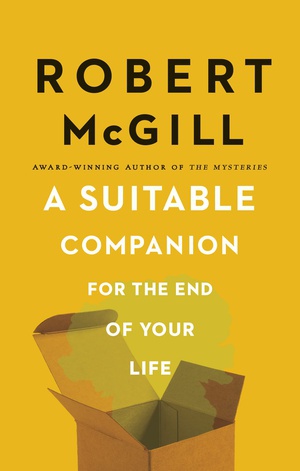
Six Books That Will Make You Feel Less Alone
Tajja Isen, writing in The Atlantic, includes A Suitable Companion for the End of Your Life in her list of "Six Books That Will Make You Feel Less Alone," calling the novel "[p]ropulsive, dizzyingly surreal" and "a surprising, deeply moving portrait of people finding an unconventional kind of family."
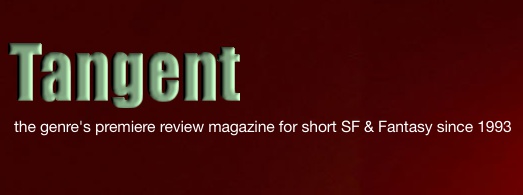
Style in Science Fiction
David F. Shultz and I have just published in Tangent a co-written article on science fiction's use of style. You can read the article here.
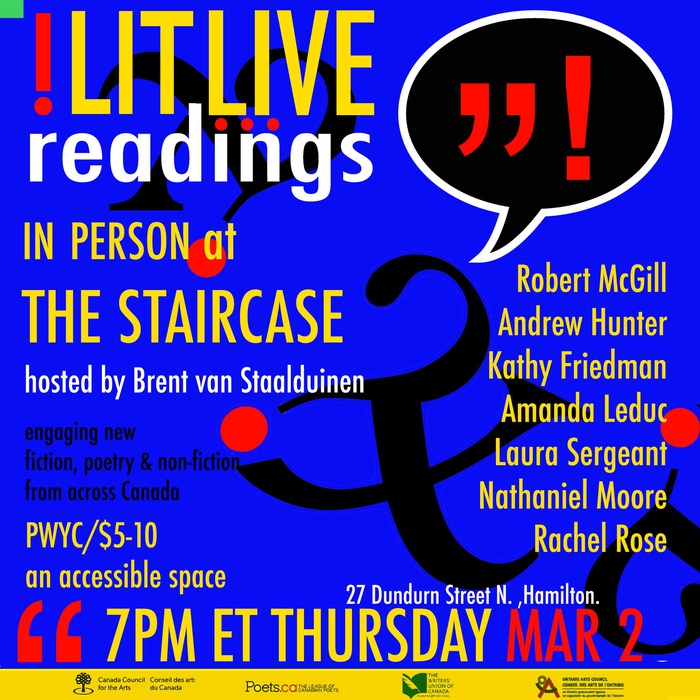
Lit Live Reading March 2
I'm looking forward to joining a great line-up at the Lit Live series event March 2 in Hamilton.
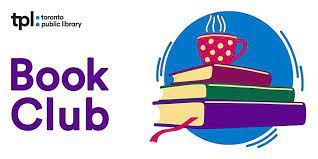
Toronto Public Library Dystopia Book Club
The Toronto Public Library's Dystopia Book Club will be discussing A Suitable Companion for the End of Your Life on April 6. Learn more here.

A Suitable Companion for the End of Your Life a Quill & Quire Book of the Year
Quill & Quire has named A Suitable Companion for the End of Your Life a Book of the Year. Grace O'Connell writes: "McGill’s U-turn from realism to this delightfully dark and dystopian near-future romp is not only impressive, but grounded in real, powerful human anxieties and longings. Strange, slim, and razor-sharp, it’s an arresting read (and features one of the best and most memorable villains in CanLit!)." See the full list here.
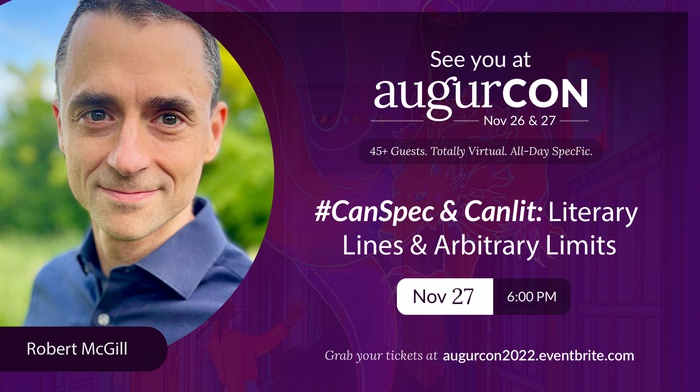
AugurCon 2022
I'm looking forward to joining Amanda Leduc, Natasha Ramoutar, and Lindsay Wong online for the panel "#Canspec & Canlit: Literary Lines & Arbitrary Limits" at AugurCon 2022 on Sunday, November 27, 6-7 pm EST. Learn more and register for AugurCon here.
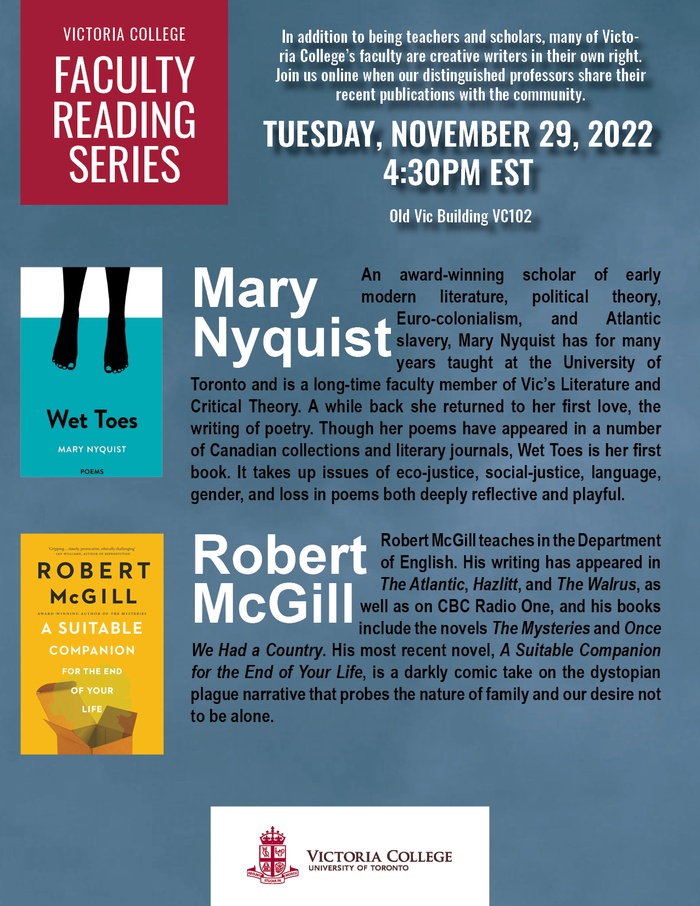
University of Toronto Reading November 29
Later this month, I'll be reading with the wonderful Mary Nyquist at Victoria College on the University of Toronto's St. George campus. The reading will also be streamed on Zoom. You can join by clicking on this link.
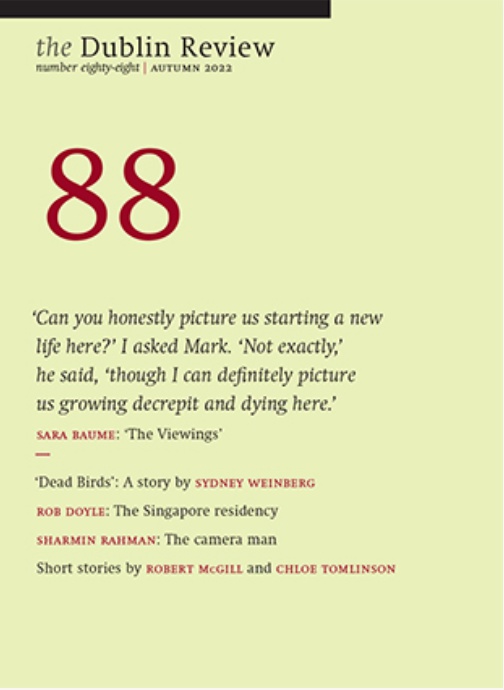
"The Isle of Thanet" in The Dublin Review
My short story "The Isle of Thanet" has been published in the latest issue of The Dublin Review. You can purchase the issue here.
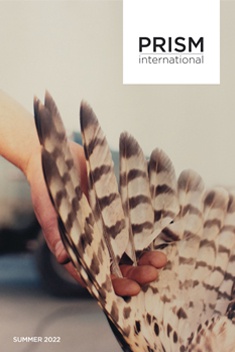
"Your Puppy Meets the World" in PRISM International
My short story "Your Puppy Meets the World" appears in the latest issue of PRISM International. Buy the issue here.
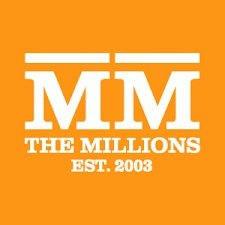
A Million Words of Emails
Over the years, the novelist and critic Siobhan Phillips and I have sent each other literally a million words of emails. An essay we wrote on our epistolary relationship has just been published in The Millions. Read it here.
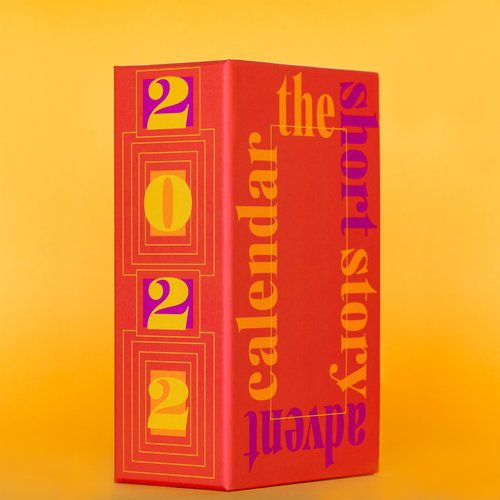
Short Story Advent Calendar
One of my stories will be appearing in the 2022 Short Story Advent Calendar, published by Hingston & Olsen. Twenty-five stories, separately printed, in a box set. You can learn more about the calendar here.
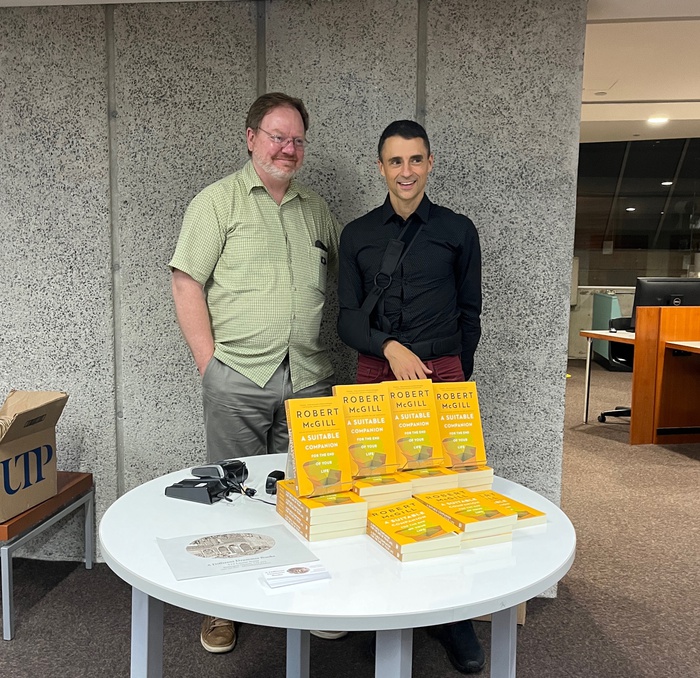
Burlington Public Library Reading
Last night, I read from A Suitable Companion for the End of Your Life at the Burlington Public Library and enjoyed talking with Ian Elliott of A Different Drummer Books, who was on hand to sell copies of the novel. Thanks to Ian, the BPL, and everyone who came out.
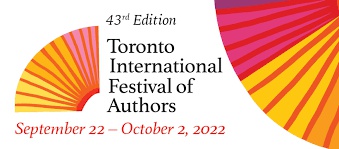
Toronto International Festival of Authors
I'm excited to be moderating a session with Kim Fu and Anna Moschovakis on September 30 at the Toronto International Festival of Authors. Details here.
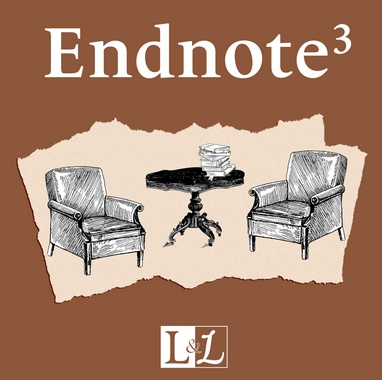
Endnote Podcast
Many thanks to Juliann Garisto for having me on the Endnote podcast. You can listen to the episode here.

Meet the Author Event at the Burlington Public Library
Please join me September 19 at 7 pm for a discussion of my novel A Suitable Companion for the End of Your Life at the Burlington Public Library. Details and registration here.
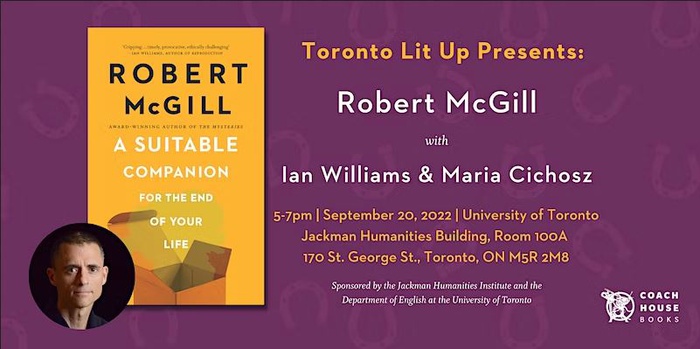
In-Person Launch of A Suitable Companion for the End of Your Life
September 20 at the University of Toronto, there will be an in-person launch of A Suitable Companion for the End of Your Life featuring the wonderful Maria Cichosz and Ian Williams. Please join us if you can, and let us know by registering via this link.
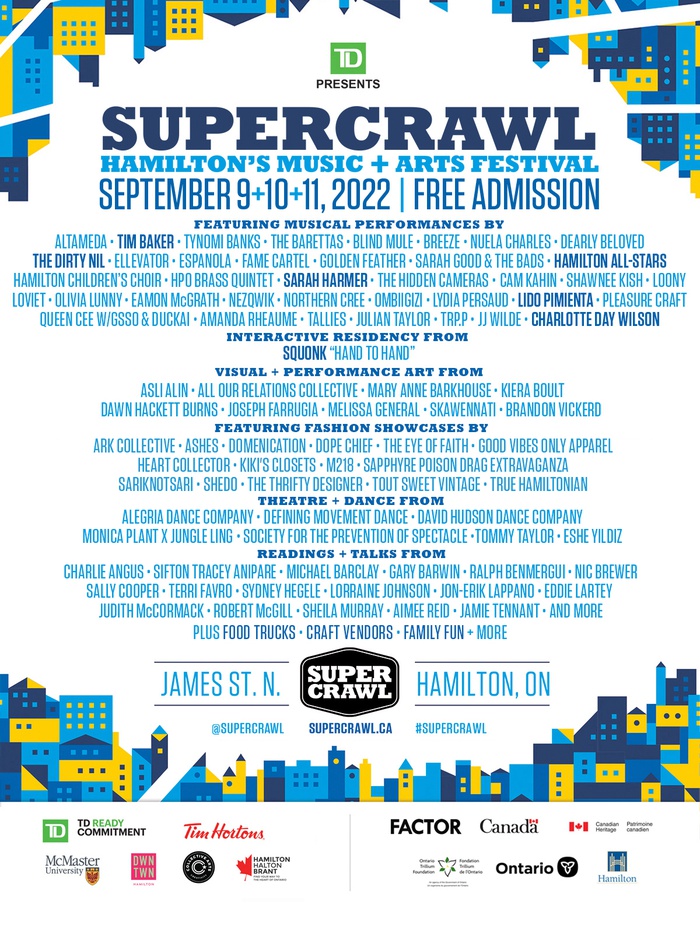
Hamilton Supercrawl
I can't wait to take part in a reading with Nic Brewer, Sydney Hegele, and moderator Andrew Wilmot at the Supercrawl festival in Hamilton, Ontario at 8 pm on Saturday, September 10. Learn more about the festival here.
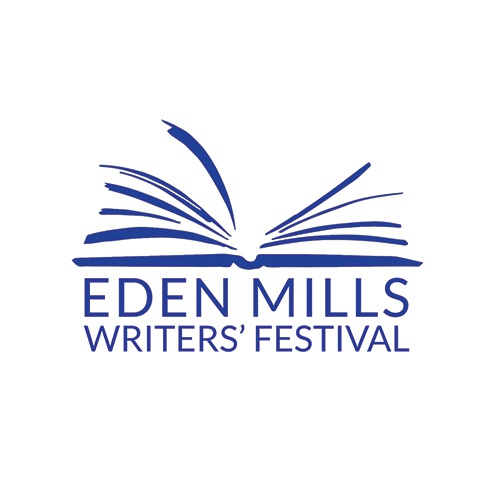
Eden Mills Writers' Festival
I'm looking forward to joining Steven W. Beattie, Francine Cunningham, and Cary Fagan for the "What If?" event at the Eden Mills Writers' Festival September 11.
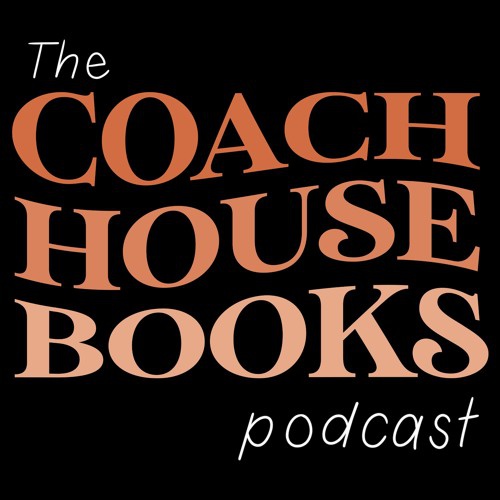
Coach House Books Podcast
I had a blast taking part in the Coach House Books podcast. Listen to the episode, which also features Ian Williams, Sina Queyras, and Mark Hussey, here.

Toronto Star Review of A Suitable Companion for the End of Your Life
The Toronto Star's review of A Suitable Companion for the End of Your Life says that the novel "showcases a deft hand at pacing, plot and the craft of judicious sentences." Read the review here.
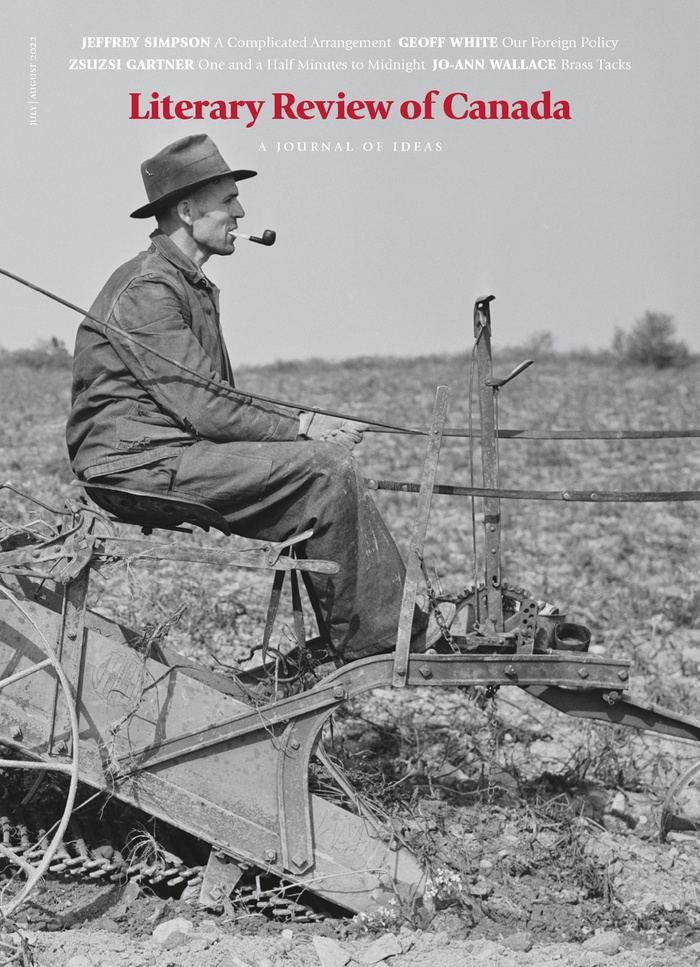
"Body Language" in Literary Review of Canada
"Fiction, after all, means never having to say it's your story." Literary Review of Canada has published a short piece by me about the prehistory of A Suitable Companion for the End of Your Life. Read it here.
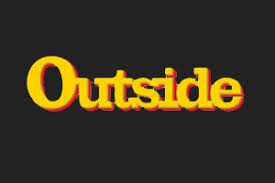
A Suitable Companion Makes the Sweat Science Summer Book List
Outside magazine's Alex Hutchinson includes A Suitable Companion for the End of Your Life in the 2022 Sweat Science Summer Book List, calling it "suspenseful and funny." Read the list here.
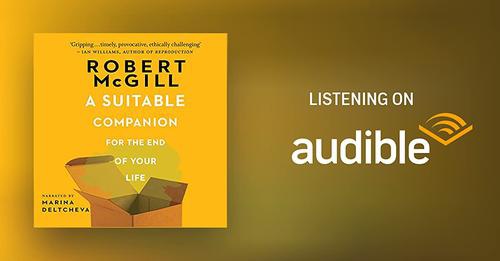
Audiobook Release
The audiobook of A Suitable Companion for the End of Your Life, wonderfully performed by Marina Deltcheva, is now available. Listen to it here.
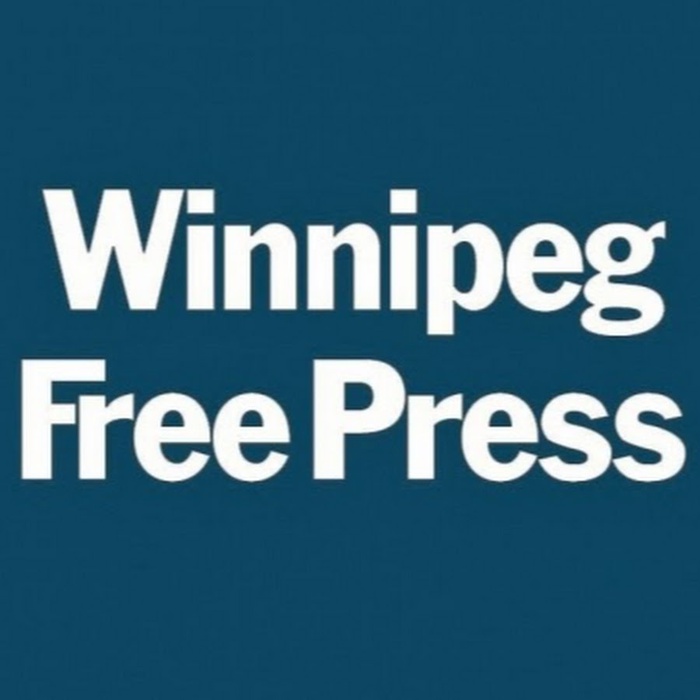
Review of A Suitable Companion for the End of Your Life in the Winnipeg Free Press
Read the review here.
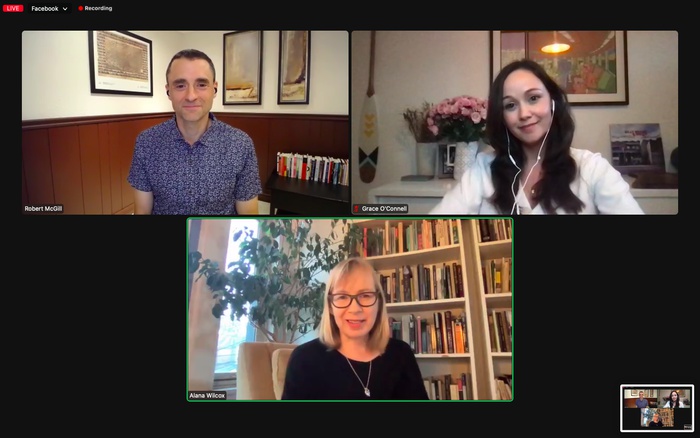
Launching A Suitable Companion for the End of Your Life
It was a pleasure to launch A Suitable Companion for the End of Your Life in conversation with Grace O'Connell. Thanks to Alana Wilcox and everyone at Coach House Books for hosting the event, which you can watch here.

Open Book Interview
Open Book calls A Suitable Companion for the End of Your Life "a thoughtful, riveting mystery" and "a wonderfully weird triumph." Read their interview with me here.
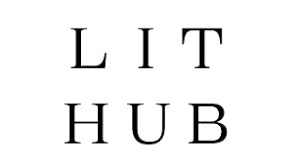
Excerpt in LitHub
LitHub has published an excerpt from A Suitable Companion for the End of Your Life. Read it here.
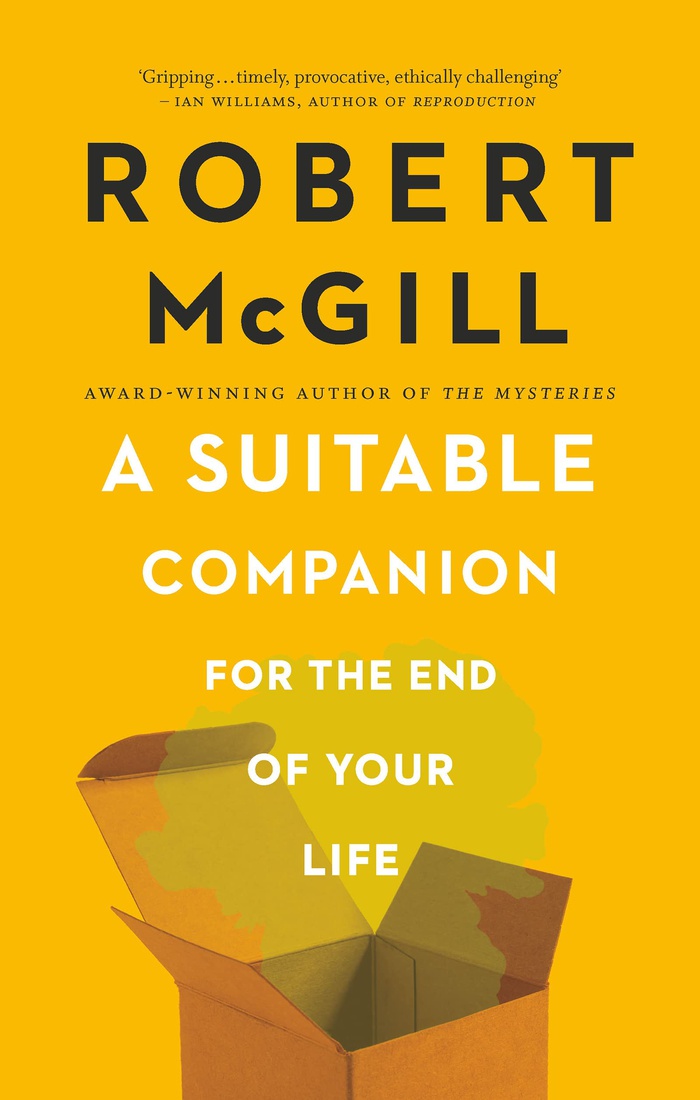
Q&A for A Suitable Companion for the End of Your Life
Q: How would you summarize your novel in one sentence?
At a time when a process known as flatpacking has saved the lives of people infected with a deadly parasite ravaging Europe, an eighteen-year old named Regan on the American side of the Atlantic finds herself responsible for the life of an amnesiac flatpacked woman, Ülle, even as they’re threatened by the shadowy organization that brought them together.
Q: How would you describe A Suitable Companion for the End of Your Life in terms of genre?
It has elements of speculative fiction and thrillers—there’s a high-stakes, escalating situation—but it also has comic moments. And fundamentally, it’s about ordinary people trying to care for themselves and each other.
Q: For you, what’s the attraction of writing a novel that has speculative, even surreal elements?
I don’t think I’m alone in feeling that real life is increasingly bizarre: we’ve had a reality-TV star as the US president, we’re in the third year of a pande…
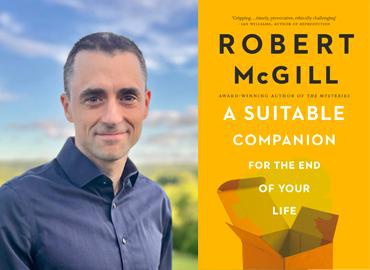
A&S News Interview
Sean McNeely of A&S News interviewed me about A Suitable Companion for the End of Your Life; read the article here.
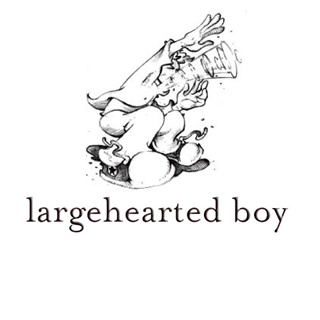
A Playlist for A Suitable Companion for the End of Your Life
Janelle Monáe, Leonard Cohen, and Gillian Welch lead off the "playlist" for my new novel. Thanks to Largehearted Boy for the invitation to create the list. You can check it out here.
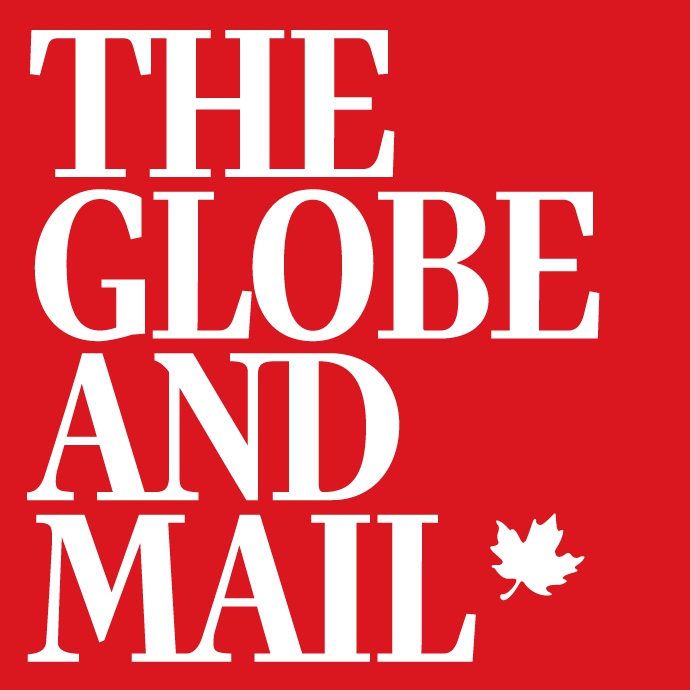
A Suitable Companion for the End of Your Life in The Globe and Mail's Summer Books Preview
A Suitable Companion for the End of Your Life is first out of the gate in The Globe and Mail's summer books preview. Read it here.
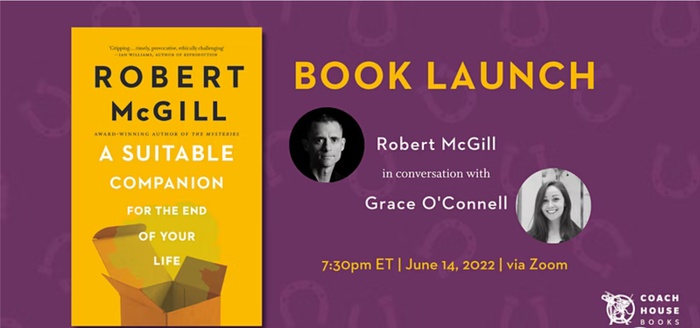
Virtual launch June 14 for A Suitable Companion for the End of Your Life
June 14 is the publication day for A Suitable Companion for the End of Your Life. Please join me and the wonderful Grace O'Connell, author of Magnified World and Be Ready for the Lightning, at the Zoom launch 7:30 pm that day. You can register at https://www.eventbrite.ca/e/book-launch-a-suitable-companion-for-the-end-of-your-life-tickets-349695908877?aff=ebdsoporgprofile.
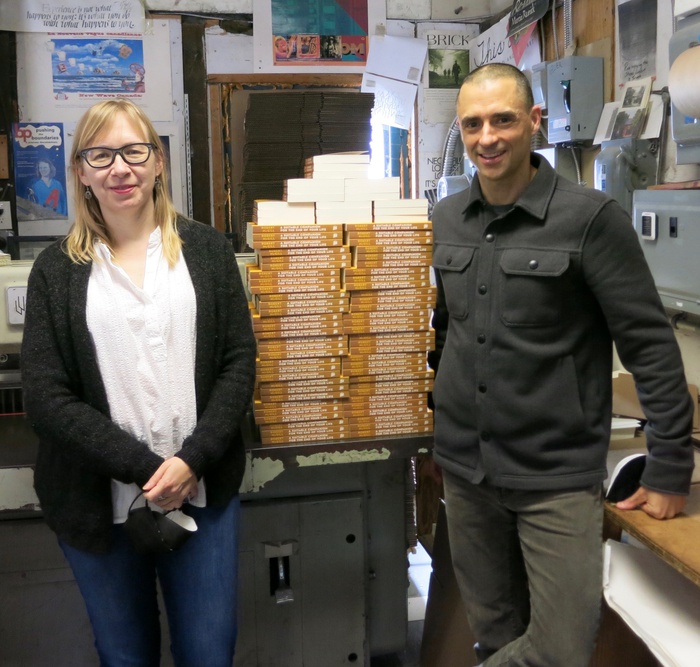
A Suitable Companion for the End of Your Life Enters the World
Coach House Books is one of the few publishers in Canada that print their own books. Today, I stopped by to talk with my editor, Alana Wilcox, and to see copies of my novel A Suitable Companion for the End of Your Life being bound. Thanks to Alana and everyone at Coach House for their amazing work.
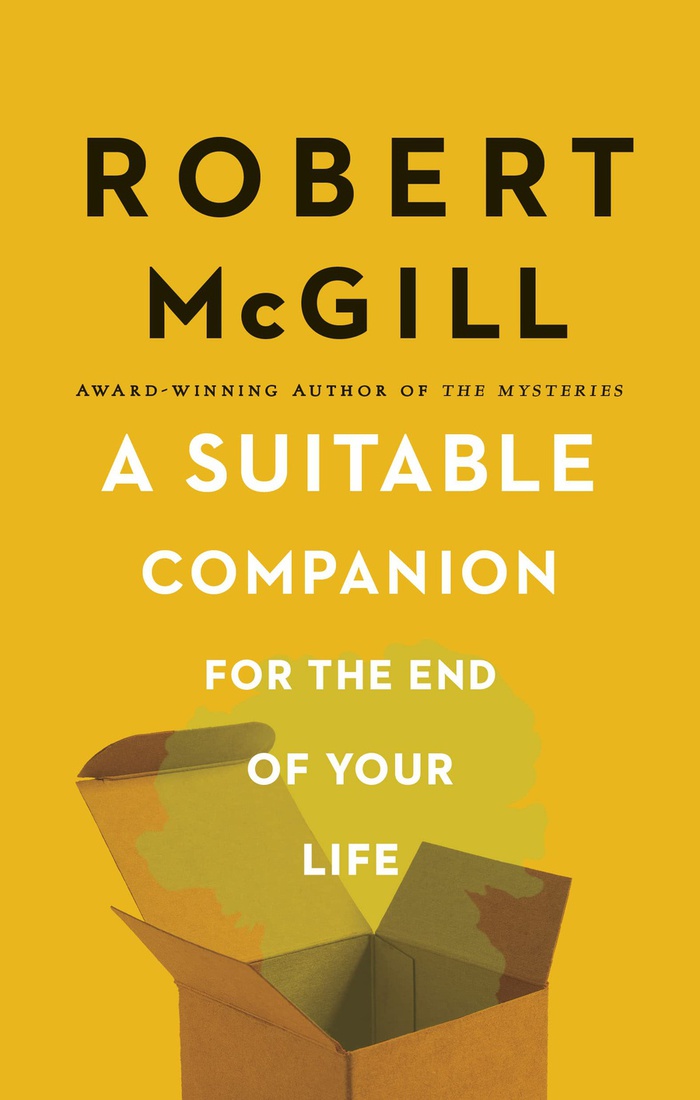
More Praise for A Suitable Companion for the End of Your Life
Read Aimee Jodoin's review of A Suitable Companion for the End of Your Life for Foreword Reviews here.
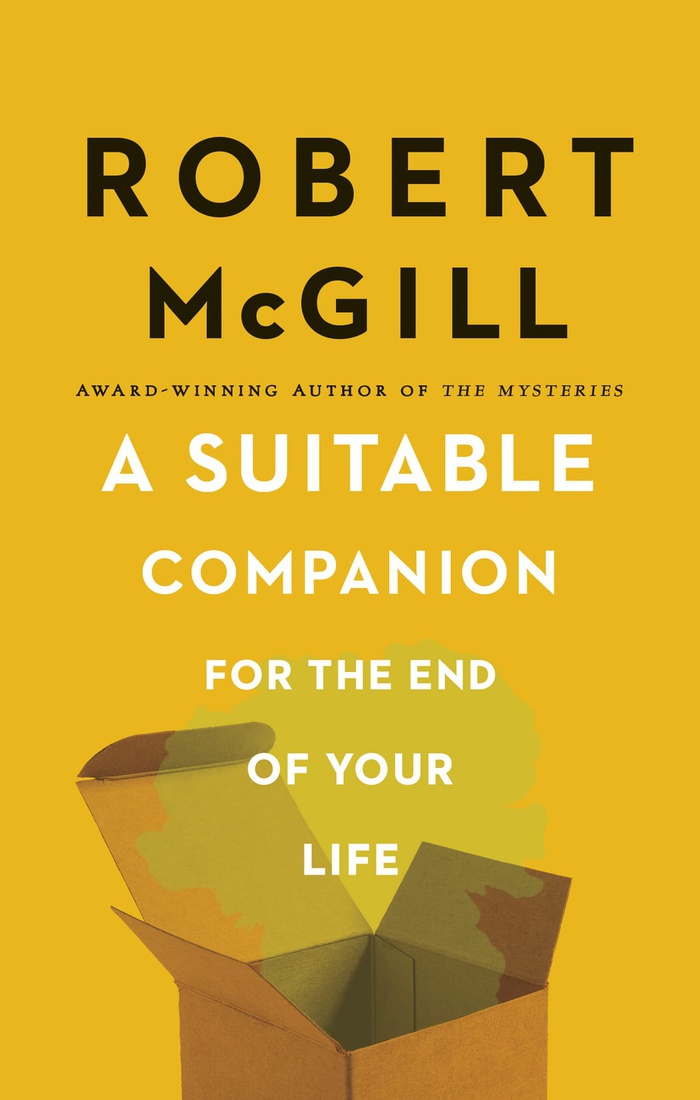
Advance Praise for A Suitable Companion for the End of Your Life
Kind words from Tobias Carroll in Tor: "In the right hands, science fiction can turn feelings of alienation into something both gripping and profound. In the dystopian society in Robert McGill’s A Suitable Companion for the End of Your Life, human lives have become undervalued and memory is a variable concept; throw in allusions to pandemics and IKEA-style flat-packed furniture and you’re left with an existentially compelling dystopia."
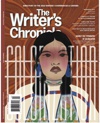
"Eight Ways to Create Knowledge with Creative Writing"
My article "Eight Ways to Create Knowledge with Creative Writing" appears in the newest issue of The Writer's Chronicle -- available exclusively to members of the Association of Writers & Writing Programs (AWP).
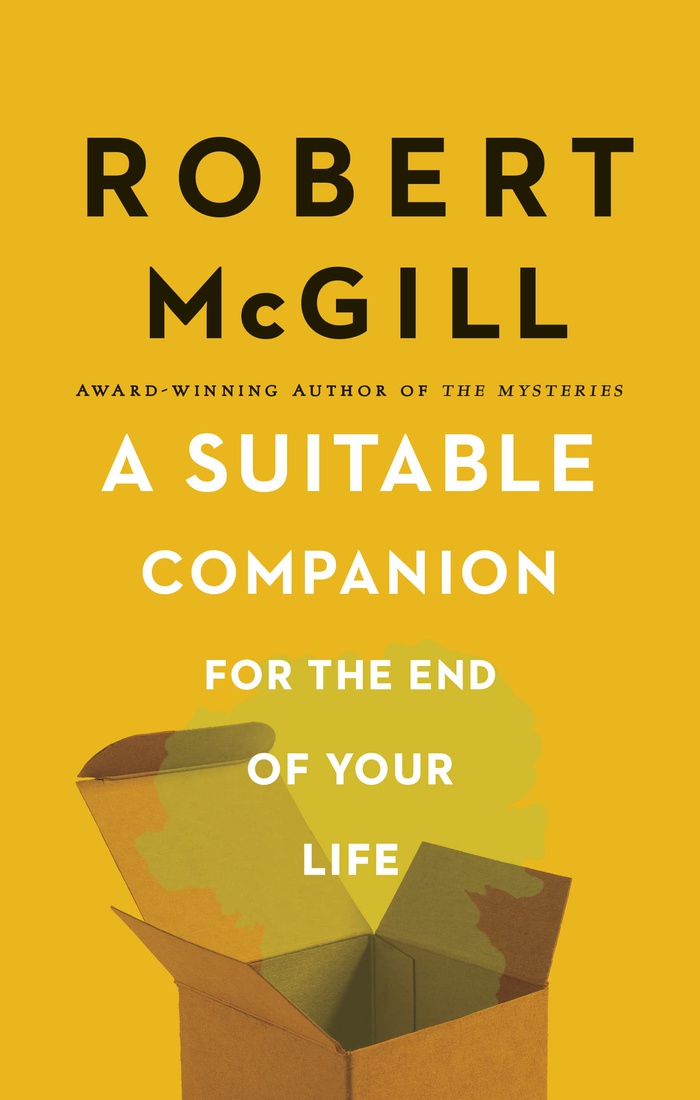
A Suitable Companion for the End of Your Life Forthcoming in June
I'm delighted to say that Coach House Books will be publishing my new novel, A Suitable Companion for the End of Your Life, in June. It's a darkly comic story about families, boundaries, and the desire not to be alone.
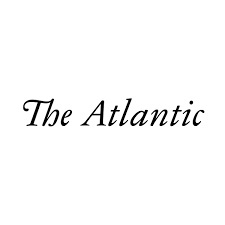
Outtake from "Something Something Alice Munro"
Today, preparing to speak with a colleague's Creative Writing class about my short story "Something Something Alice Munro," I happened upon this passage that didn't make it into the published version:
Lately, Nessa and Hadi had been playing a game of their invention that they called “Alice Munro.” It involved working into everyday speech as many titles as possible from stories written by Alice Munro. A result was that certain subjects of conversation had become unexpectedly popular between them, such as gravel, the moons of Jupiter, and bears that went over mountains, and the two of them were always referring to something they’d been meaning to tell each other, and they were always asking one another who they thought they were, and the answer to that question was always Alice Munro. One reason that Nessa enjoyed playing the game was that Hadi didn't actually know many of Munro's stories, so he frequently evoked the same few titles, including “The Love of a Good Woman,” a phrase that Nessa liked hearing him work into their day, although he often uttered it with the same troubling irony that she assumed was there in it…
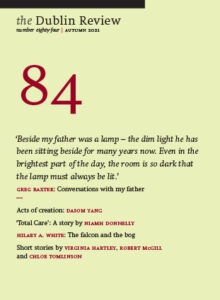
"Your ASMR Boyfriend Addresses the Climate Crisis" in The Dublin Review
The Dublin Review has published my short story "Your ASMR Boyfriend Addresses the Climate Crisis" in its latest issue, available here.
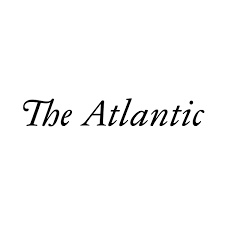
"Something Something Alice Munro" in The Atlantic
The Atlantic has just published my short story "Something Something Alice Munro." You can read it here; a related interview can be found here.
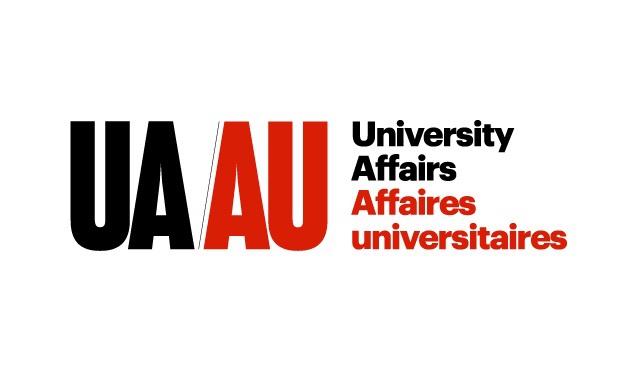
"We Regret to Inform You that Your Child Has Enrolled in a Creative Writing Course"
Now published in University Affairs: my open letter to the parents of the students I'm teaching this term. It's called "We Regret to Inform You that Your Child Has Enrolled in a Creative Writing Course."
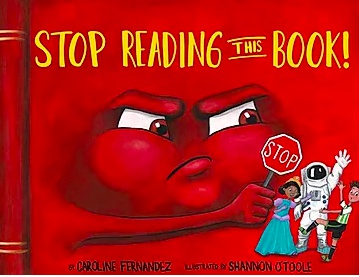
Tell Me a Story
I'm thrilled to have been a part of Frontier College's "Tell Me a Story" series on YouTube, reading Caroline Fernandez and Shannon O'Toole's delightful Stop Reading This Book. You can watch the video here.
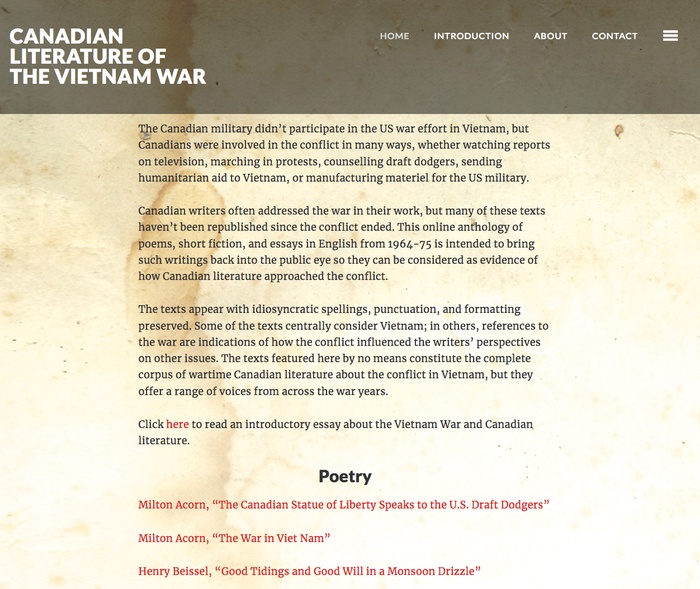
Canadian Literature of the Vietnam War online anthology
A longstanding project is now complete: a free online anthology of Canadian poems, short stories, and essays about the Vietnam War (written during the era), along with an introductory essay. Thanks to Karen McBride and Jacob Morrow for helping to make it happen. Visit canlitofthevietnamwar.com.
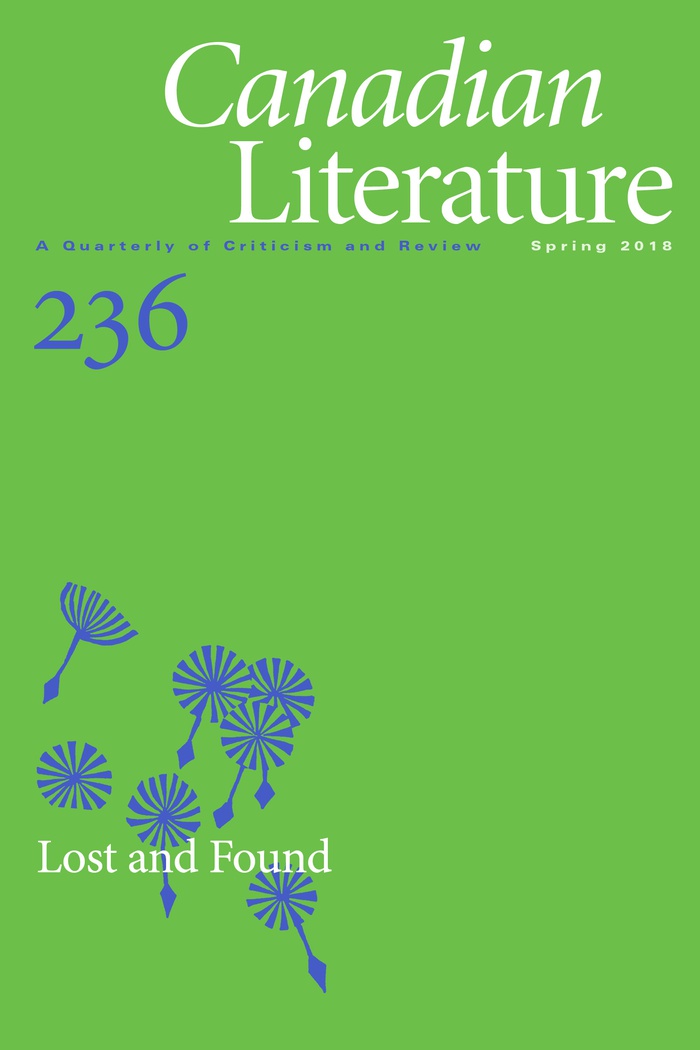
War Is Here Reviewed in Canadian Literature
"Inspiring in an era when literary studies and humanistic scholarship seem everywhere under threat, McGill demonstrates the intellectual-historical value of careful, sustained explication de texte." An appreciative review of War Is Here: The Vietnam War and Canadian Literature has appeared in the journal Canadian Literature. You can read the review here.

Teaching Critical Literary Citizenship
Now online: "Teaching Critical Literary Citizenship," an article that André Babyn and I wrote about helping Creative Writing students to consider what it means to be a good literary citizen. You can read it here.
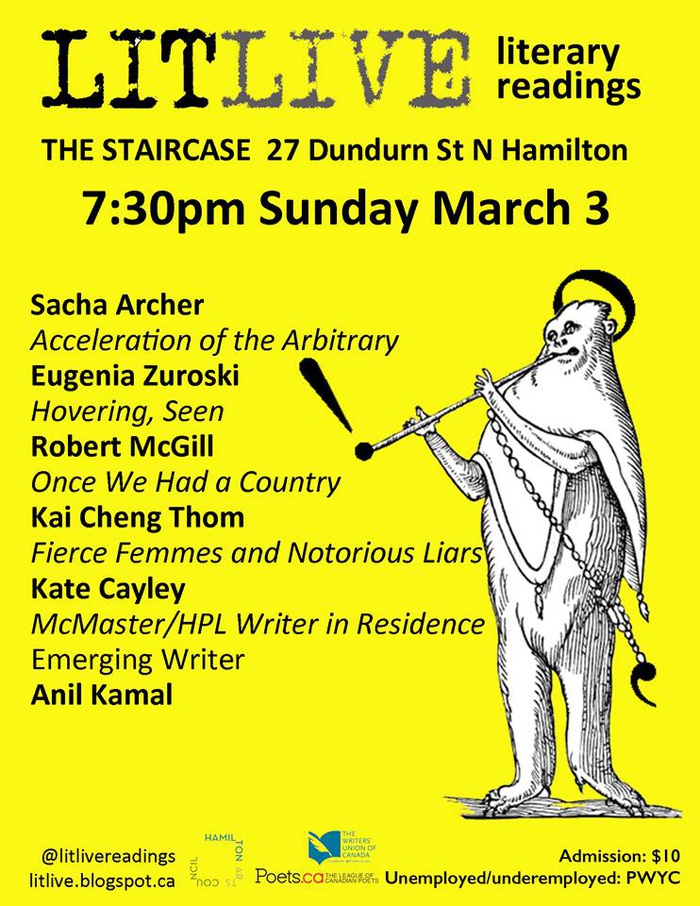
LitLive Reading Series
I'm looking forward to reading March 3 at the LitLive reading series in Hamilton, Ontario.
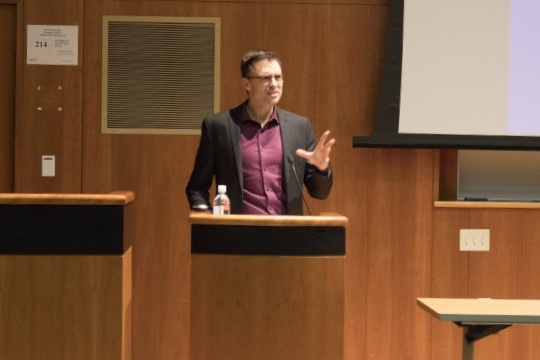
Talking about Historical Fiction
I recently gave a talk at SUNY Oswego on writing historical fiction. You can read an account of the event here.
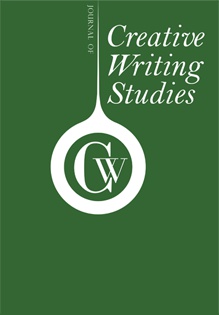
On Mentorship
Now published in Journal of Creative Writing Studies: an article that I wrote with Neil Surkan about the notion of literary mentors as father figures. Read the article here.
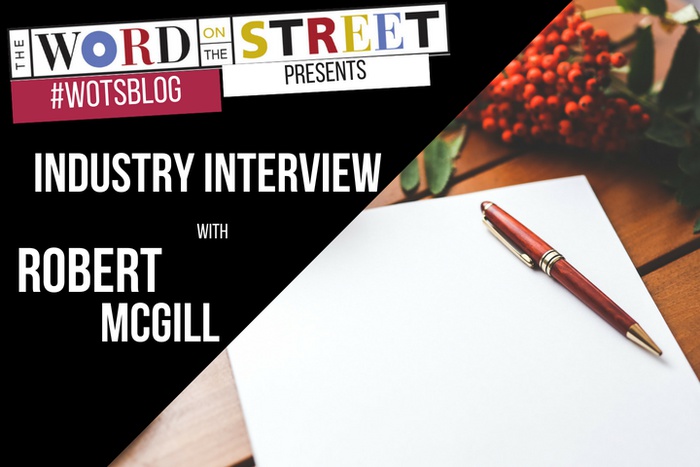
Word on the Street Interview
I was recently interviewed for the Word on the Street literary festival blog. Read the interview here.
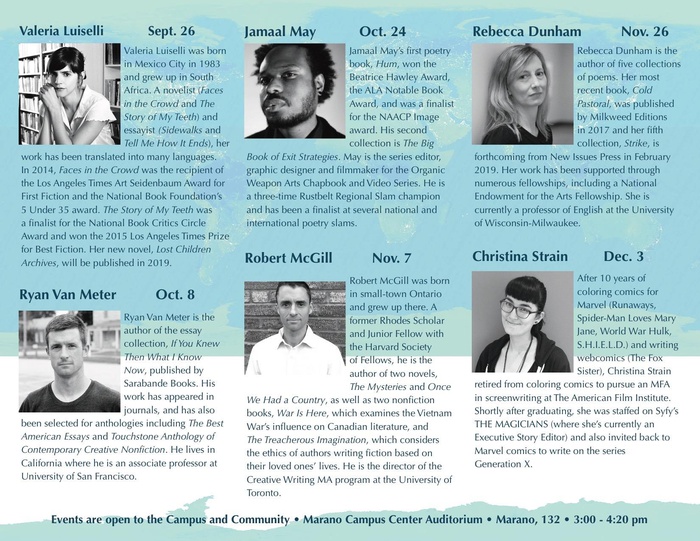
SUNY Oswego Living Writers Series
I'm looking forward to speaking about my novel Once We Had a Country on November 7 as part of the SUNY Oswego Living Writers Series.
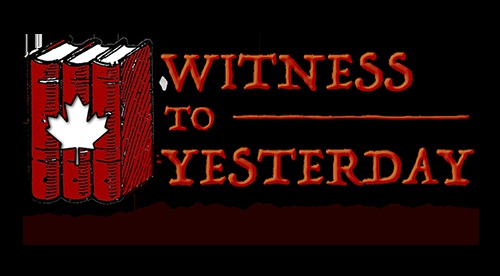
Witness to Yesterday: Canada's Writers Confront the Vietnam War
I had a lovely time as a guest on Witness to Yesterday, the Champlain Society podcast on Canadian history, where I talked with Greg Marchildon about Canadian writers' response to the Vietnam War. You can listen to the episode here or download it here.
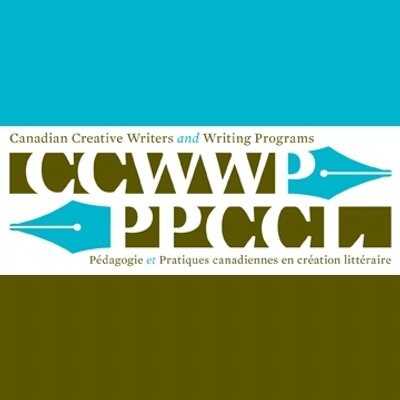
Robert Kroetsch Teaching Award
Many thanks to Canadian Creative Writers and Writing Programs (CCWWP) for naming me a co-winner of the 2018 Robert Kroetsch Teaching Award for my work teaching a Literary Citizenship course. Read more about the award here and here. You can read about the course here.
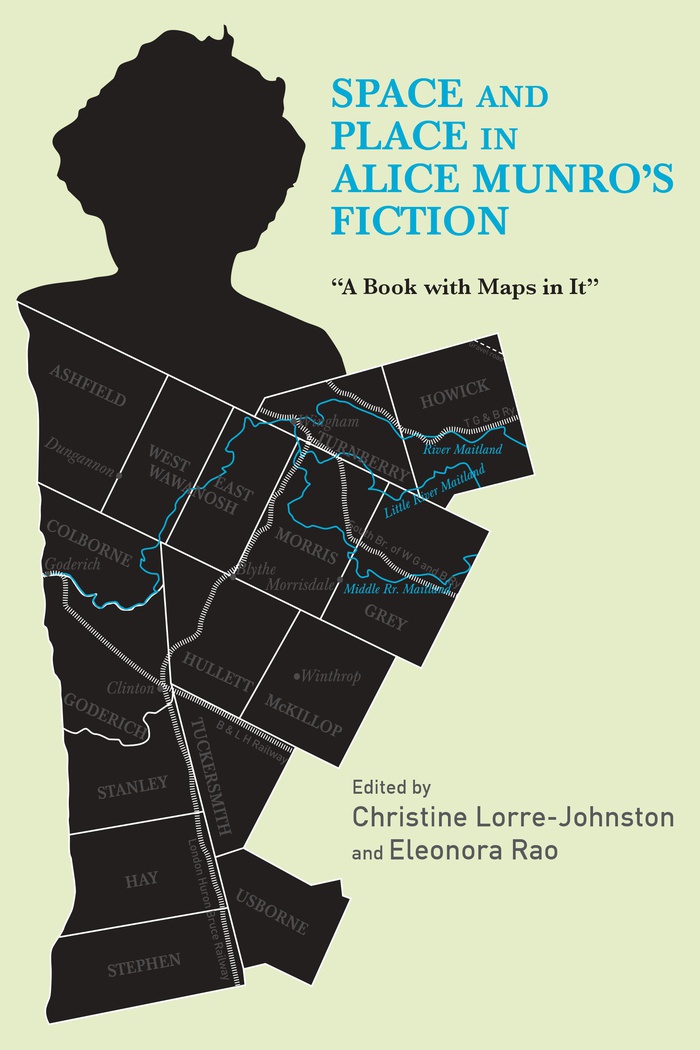
Space and Place in Alice Munro's Fiction
I'm delighted to have an essay included in Space and Place in Alice Munro's Fiction, a new collection of articles edited by Christine Lorre-Johnston and Eleonora Rao.
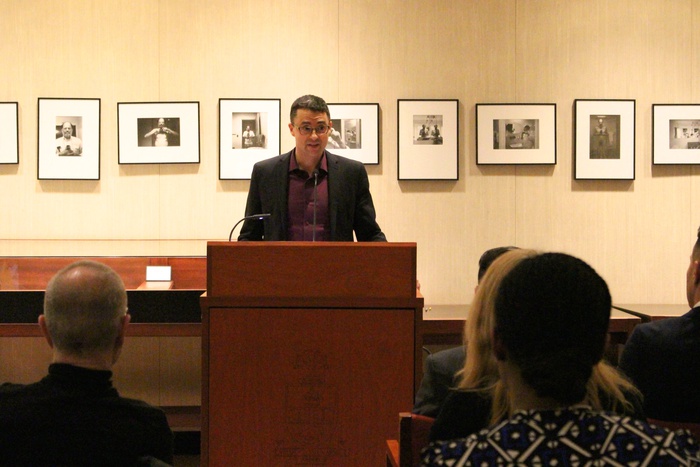
University of Toronto Creative Writing Gala
It was a pleasure for me to serve as MC for the University of Toronto's Creative Writing Gala this year. I got to introduce a wonderful group of readers, including Michael Redhill and a number of Creative Writing MA students.
Photo: Wajiha Rasul
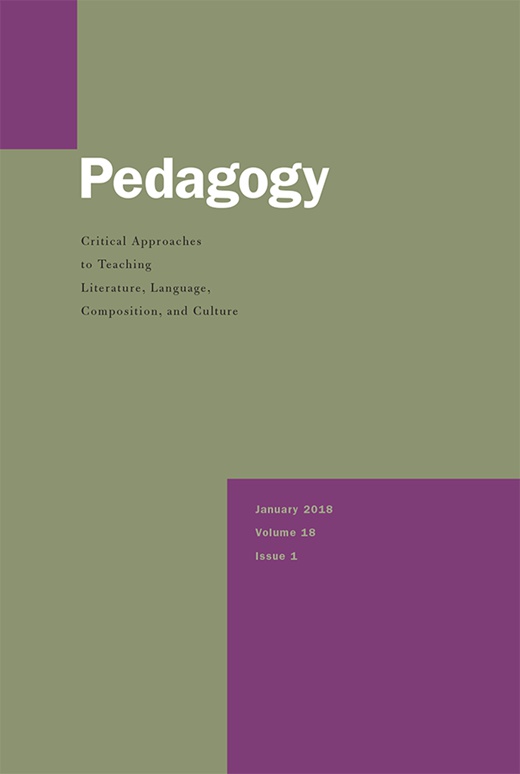
Negotiating Cultural Difference in Creative Writing Workshops
"Cultural diversity among members of a creative writing workshop complicates matters of classroom authority, not least because students’ writing often hinges on cultural particularities beyond an instructor’s expertise." I'm very glad to have published an article on this topic with fellow writer Noor Naga. Those with institutional access can read the article here.
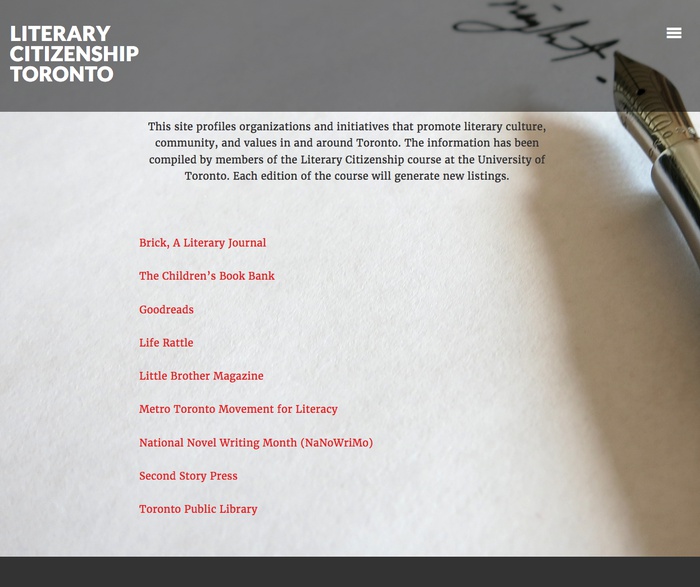
Literarycitizenshiptoronto.com
The past two years, I've taught a course called Literary Citizenship in which we examine organizations promoting literary culture in Toronto. Many of the students have contributed entries to a website we've created, literarycitizenshiptoronto.com, that profiles such organizations, describing what they do and how people can get involved. The site will grow with each edition of the course. In the meantime, I’m grateful to the students for their own acts of literary citizenship in volunteering to share their research. If you have a moment, please do check out the site. You can read about the course here.
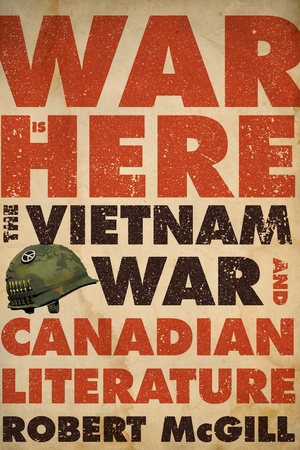
War Is Here in The Toronto Star
"A scholarly but accessible exploration of the effect of the Vietnam War on Canadian writers, and how that conflict is embedded in our sense of Canada as a positive alternative to America." From a review of War Is Here: The Vietnam War and Canadian Literature in a Toronto Star article on recent books about war. Read the article here.

Justin Trudeau in Vietnam
I was interviewed for a CBC story about Justin Trudeau's current trip to Vietnam. Read the story here.
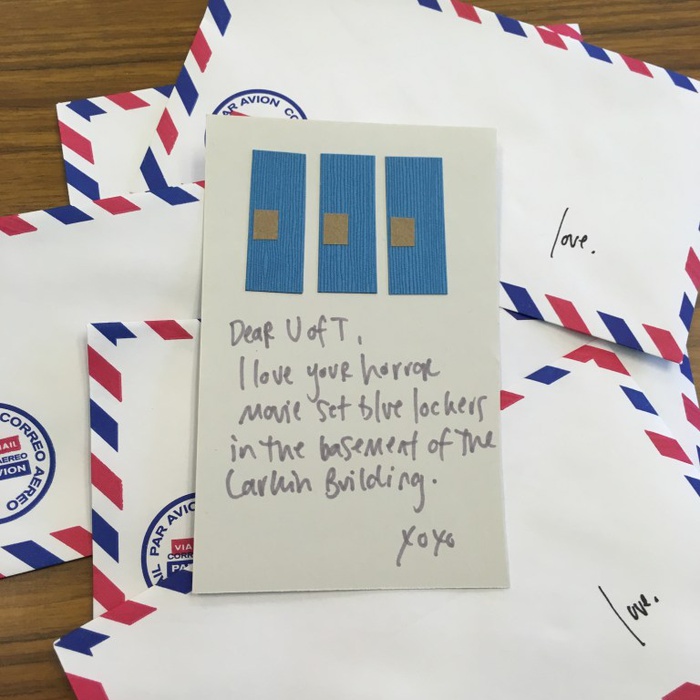
The Love Lettering Project and Literary Citizenship
This autumn, I'm teaching a course at the University of Toronto called Literary Citizenship that features guest speakers from various organizations promoting literary values, culture, and community. This week, our guest was Lindsay Zier-Vogel of The Love Lettering Project, who spoke about her work and engaged us in writing love letters to Toronto. You can read about Lindsay's visit here and about the course here.
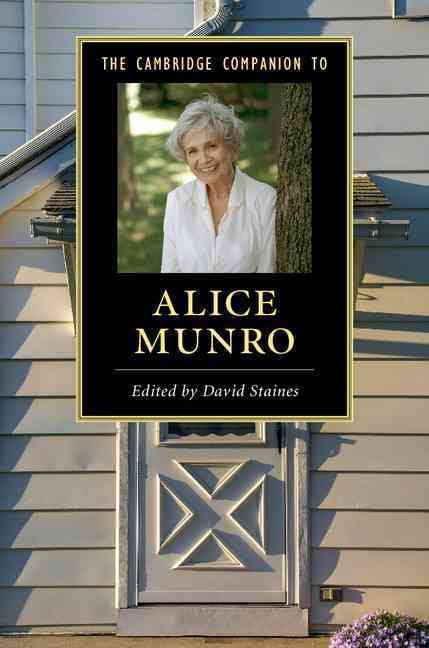
Alice Munro
A review of two volumes to which I contributed, both on the work of Alice Munro, The Cambridge Companion to Alice Munro and Alice Munro: Hateship, Friendship, Courtship, Loveship, Marriage, Runaway, Dear Life, has been published in Canadian Literature. Read the review here.

Excerpt from War Is Here in The Walrus
An excerpt from my new book, War Is Here: The Vietnam War and Canadian Literature, has been published in The Walrus. Read it here.
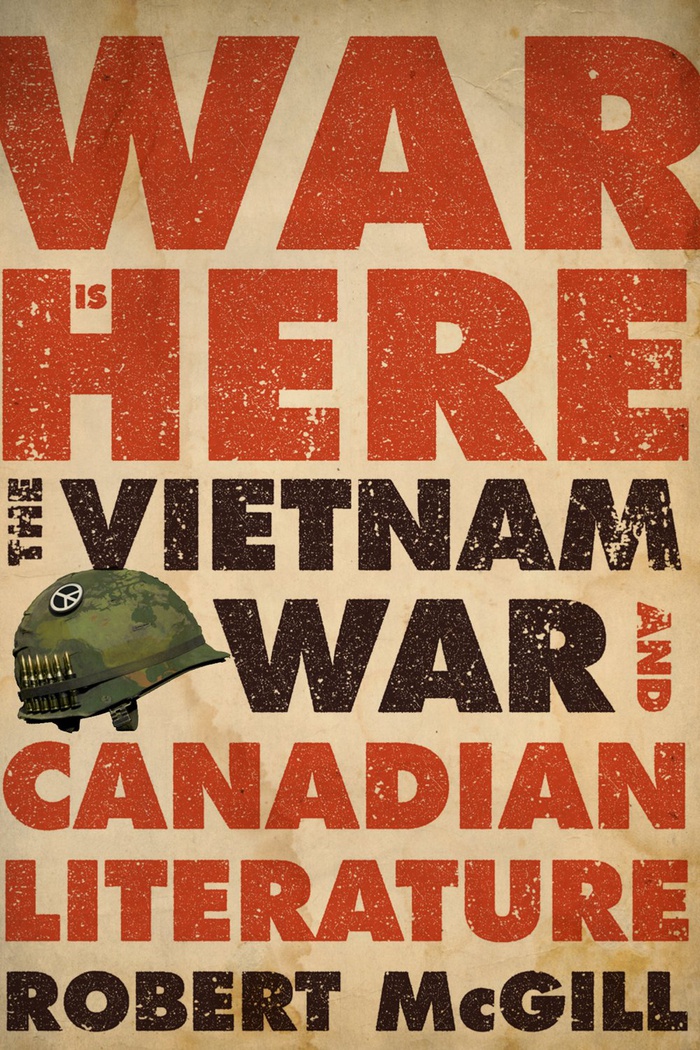
War Is Here Will Be Here August 23
I'm delighted to announce that August 23, McGill-Queen's University Press will be releasing my book War Is Here: The Vietnam War and Canadian Literature. Click here for more about the book.

Stories for Grown-ups: Address to the Graduating Class of Peninsula Shores District School
Last month, I had the privilege of giving the commencement address to the graduating high school students of Peninsula Shores District School in Wiarton, Ontario, the town where I grew up—and the home of Canada’s most famous groundhog, Wiarton Willie. Here’s what I said.
The writer Flannery O’Connor once said that by the time people reach the end of childhood, they have all the material they need to tell stories for the rest of their lives.
Graduates of 2017: you’ve arrived at the end of childhood, the end of high school, and you’re entering your grown-up years. What stories are you going to tell?
It’s an important question. Who we are, who we understand ourselves and others to be, is largely made up of the stories we tell—and also the stories we don’t tell.
*
Ever since I graduated from high school and moved away from Wiarton to attend university, I’ve had to ask myself certain questions when faced with telling stories about who I am.
First of all, should I say I’m from Wiarton? And if I …
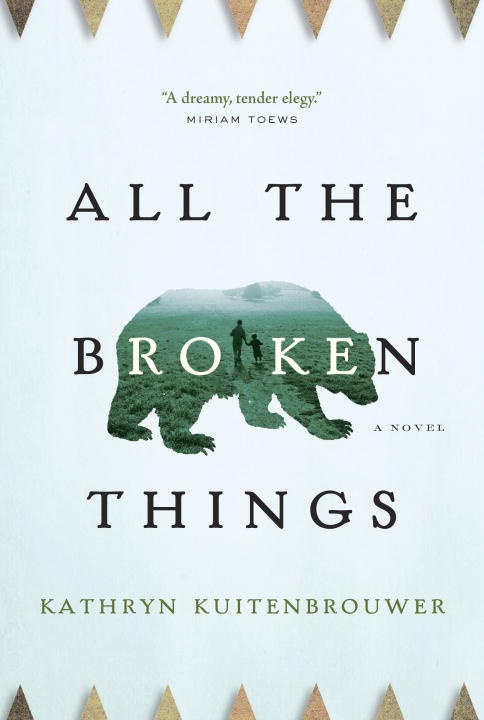
All the Broken Things
My recommendation of Kathryn Kuitenbrouwer's novel All the Broken Things has just appeared in 49th Shelf's "The Recommend" column. Read it here.
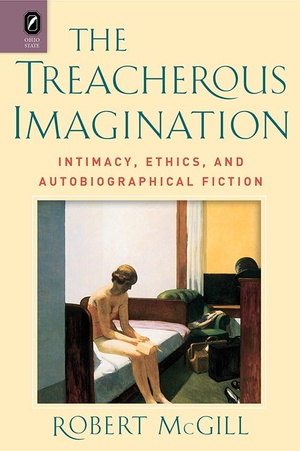
The Treacherous Imagination in Paperback
The Ohio State University Press will be releasing my book The Treacherous Imagination: Intimacy, Ethics, and Autobiographical Fiction in paperback on January 1.
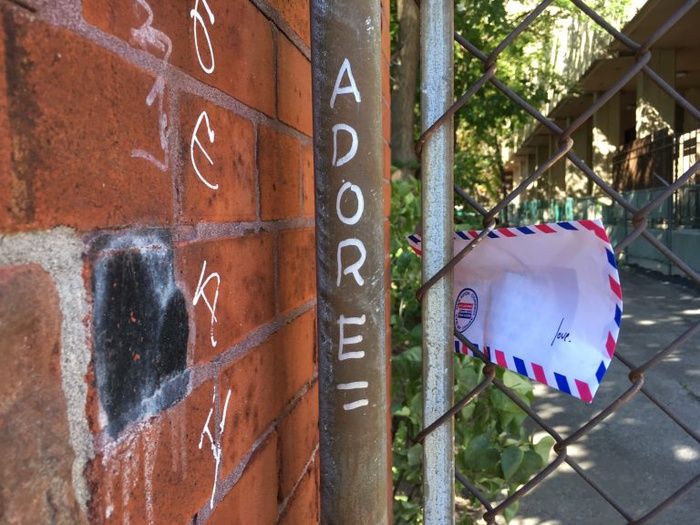
Love Lettering and Literary Citizenship
Lindsay Zier-Vogel, creator of The Love Lettering Project, recently visited my Literary Citizenship course at the University of Toronto. We talked about urbanity, affect, and epistolarity, and we also wrote love letters. You can read Lindsay's account of the class -- and see photos of the event -- here.
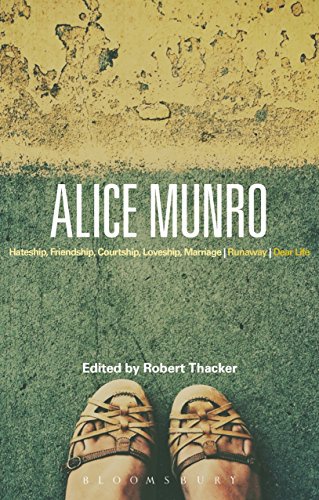
Writing about Alice Munro
Out today: a new book of essays on Alice Munro, including one by me about what may be my favorite Munro story, "The Bear Came Over the Mountain" (which was turned into the film Away from Her).
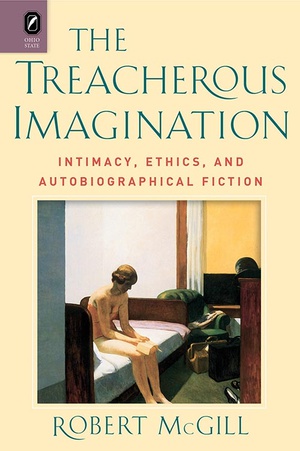
Review of The Treacherous Imagination in a/b: Auto/Biography Studies
Tom Smith’s review of my book The Treacherous Imagination: Intimacy, Ethics, and Autobiographical Fiction is now out in a/b: Autobiography Studies. He writes: “McGill is excellent in threading his way through the maze of conflicting claims made by writers defending their right to choose what to write and aggrieved readers who feel unfairly represented, betrayed, or violated. He . . . has carefully examined and thoroughly contextualized an effect of fiction often relegated to literary gossip or scholars’ entertainment.”
Those with institutional access to the journal can read the review here.
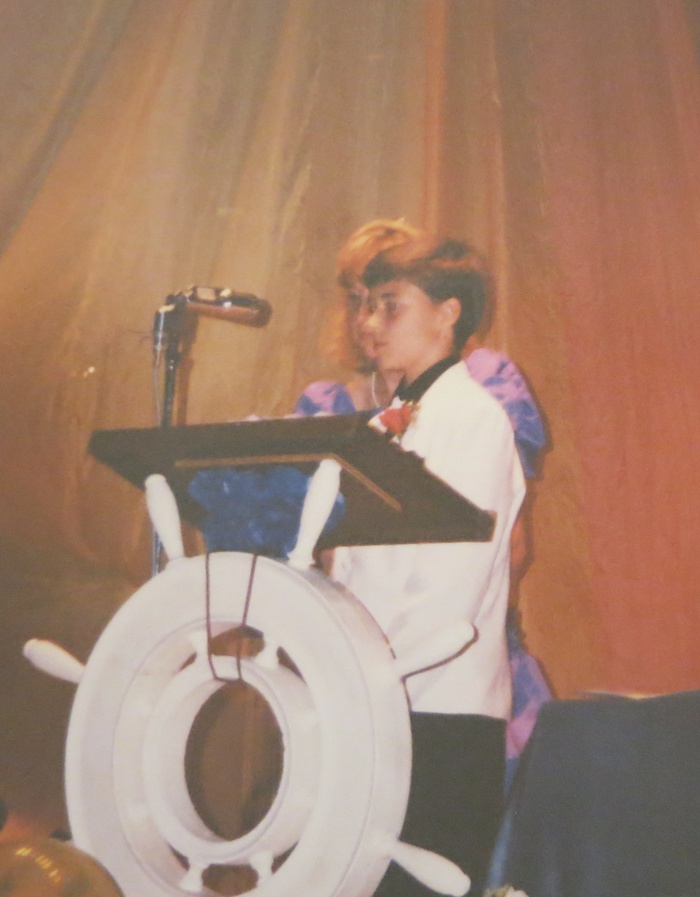
Speech to the Graduates of Peninsula Shores District School
Earlier this summer, I had the privilege of giving the grade-eight commencement address at Peninsula Shores District School in Wiarton, Ontario, the town in which I was born and raised. Here are the remarks I offered on the night.
This is actually my second grade-eight graduation speech in Wiarton. The first one was twenty-six years ago. It was the night of my graduation from Wiarton Public School. Here’s a picture of me from that evening. Looking at it, you may think, “Wow, I didn’t know that white jackets were fashionable in 1990.” They weren’t. But I felt like wearing a white jacket, and my level of fashion awareness was very low.
That night, I gave a speech together with my friend Daena, because the two of us were the valedictorians. Here’…
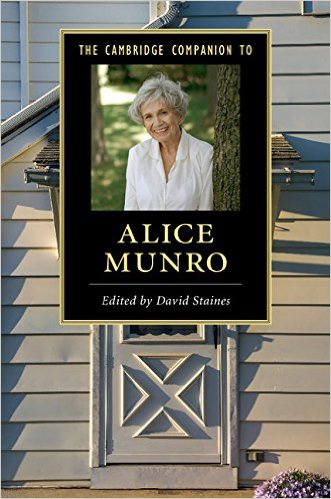
The Cambridge Companion to Alice Munro
Now out: The Cambridge Companion to Alice Munro -- a great book with some distinguished contributors (Margaret Atwood! Douglas Glover! Elizabeth Hay! W. H. New! Merilyn Symonds!). And I've snuck in there, too, writing on Munro and personal development.
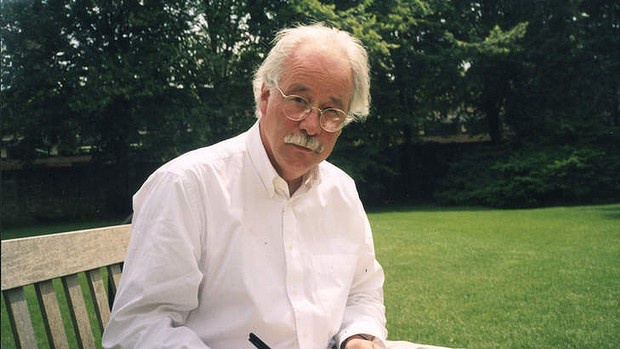
Michelle Lovric on W. G. Sebald on Writing
On The History Girls blog, Michelle Lovric discusses a collection of W. G. Sebald's observations about writing published by David Lambert and me. Read the post here -- and Sebald's observations here.
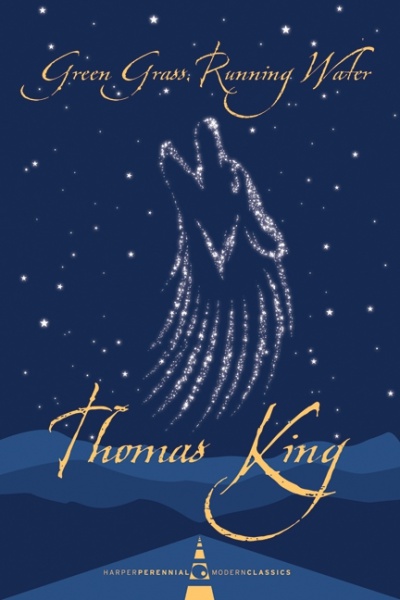
Teaching Thomas King's Green Grass, Running Water
I've just published an article about teaching Thomas King's wonderful novel Green Grass, Running Water. Those with access to The Cambridge Journal of Postcolonial Literary Inquiry can read the article here.
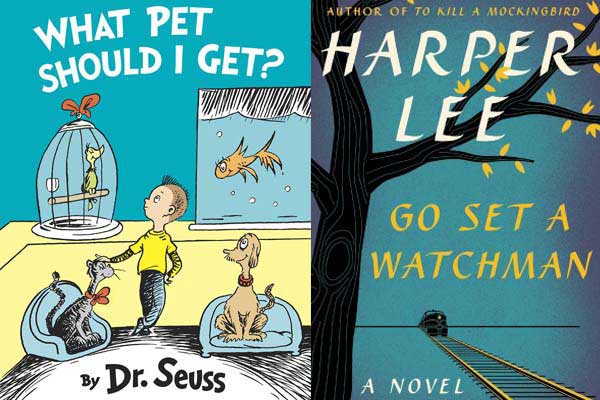
Interview about the New Harper Lee and Dr Seuss Books
An interview with me about the new Harper Lee book, Go Set a Watchman, and the new Dr Seuss book, What Pet Should I Get?, has just been published. Read it here.
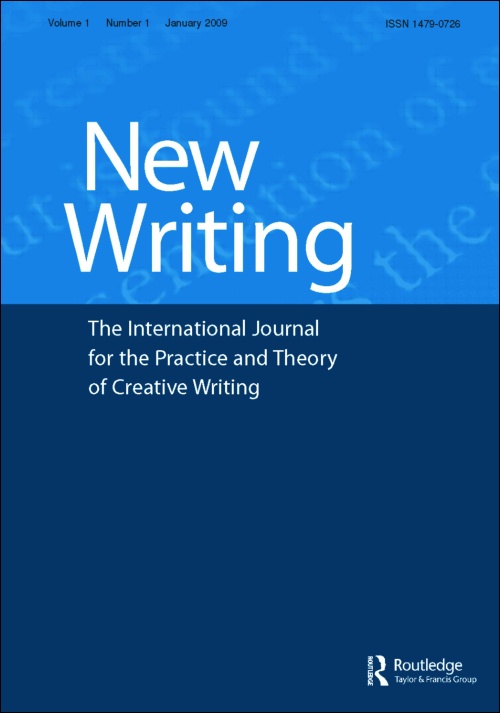
Teaching Creative Writing
A scholarly article that I've written on teaching Creative Writing has been published in the journal New Writing. The article addresses the ethics of treating student fiction as biographical, whether in workshops or with an eye to warning signs of unwellness. The abstract is available here. People with an institutional subscription to the journal will be able to download the full article.
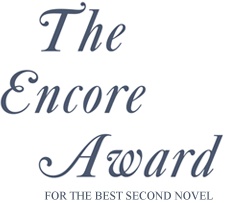
Once We Had a Country Longlisted for The Encore Award.
Once We Had a Country has been longlisted for The Encore Award. See the list here.
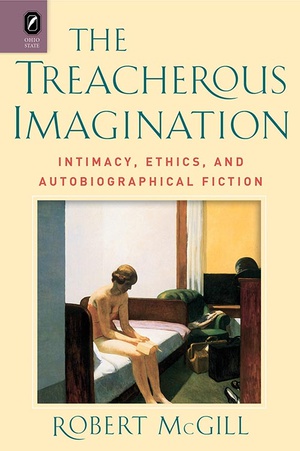
Karl Ove Knausgaard and The Treacherous Imagination
Ceridwen Dovey, writing in The Monthly about autobiographical fiction such as the works of Karl Ove Knausgaard, draws extensively on The Treacherous Imagination. Read the article here.
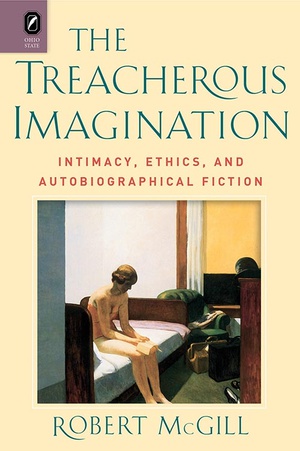
Robert Fulford on The Treacherous Imagination
Robert Fulford, writing in the National Post today, calls my book The Treacherous Imagination "fascinating and morally ingenious." Read the article here.
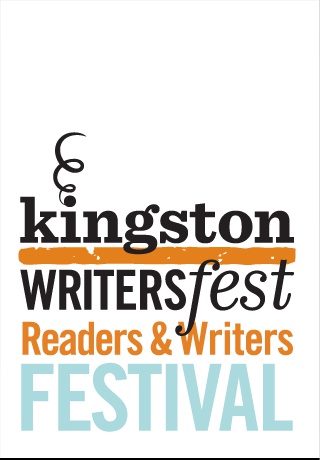
Kingston WritersFest Master Class, Sept 27
September 27, I'll be giving a Master Class on "Writing Living Memory" at the Kingston WritersFest. For more information, click here.
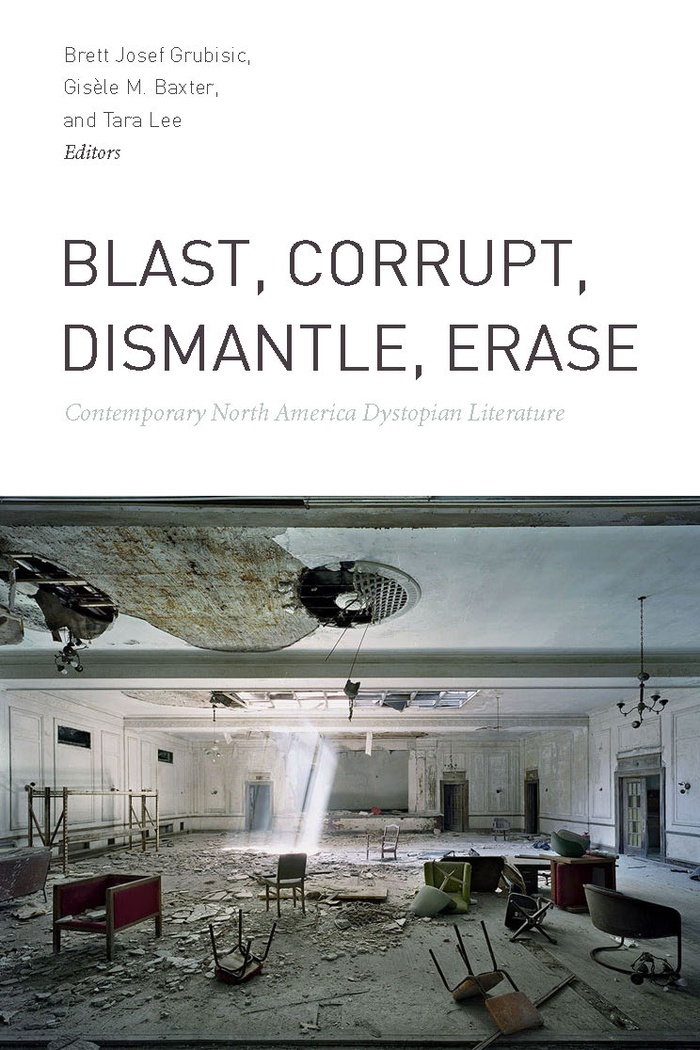
On Douglas Coupland and the Apocalypse
Now published: Blast, Corrupt, Dismantle, Erase: Contemporary North American Dystopian Literature. The book includes an article by me on Douglas Coupland's fiction and the apocalypse that I first published several years ago. I'm grateful to the book's editors for wanting to reprint it and for giving me the chance to revise it for their volume
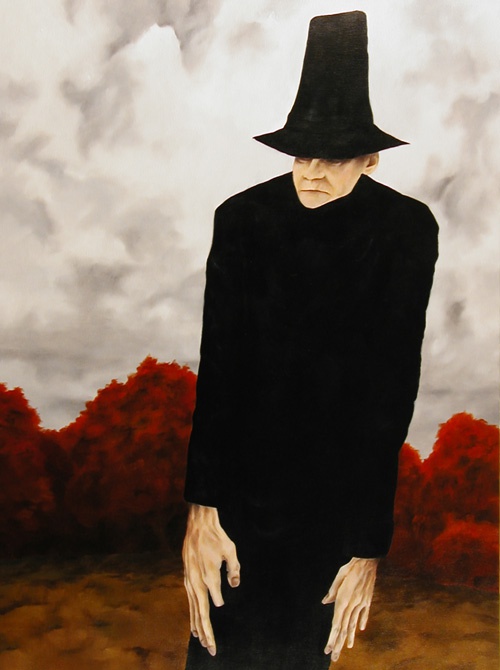
Interview in The Puritan
In the new issue of The Puritan -- an interview with me, Jason Guriel, and Molly Peacock about literature and the Canada-US border. To read it, click here.
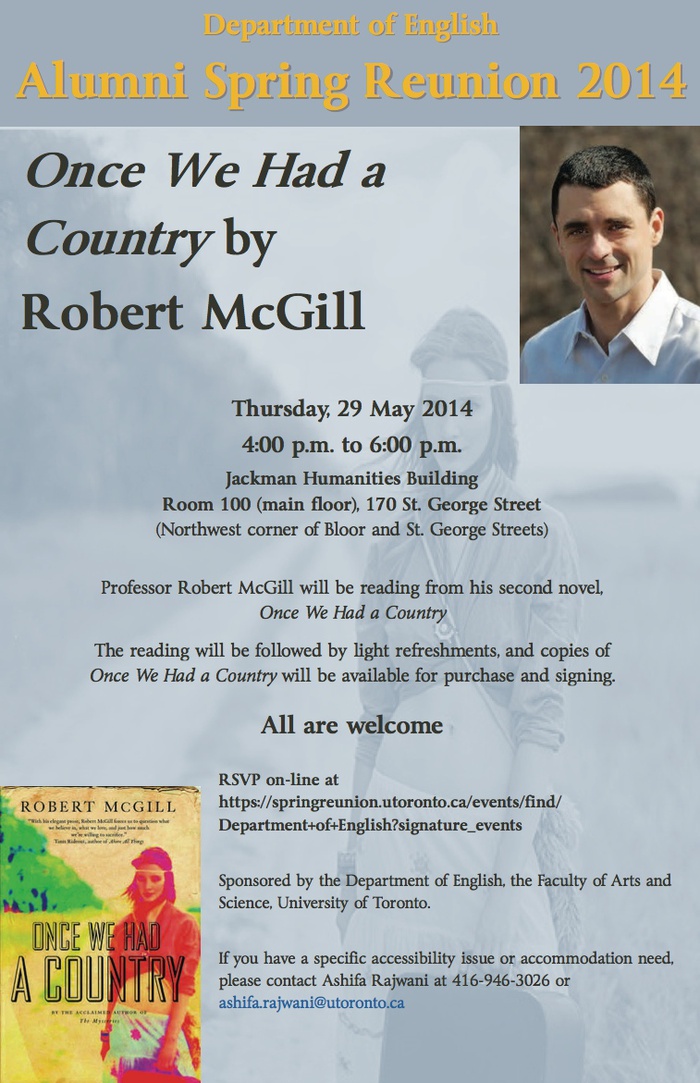
Spring Reunion Reading
May 29, I'll be reading from Once We Had a Country as part of the Department of English Spring Reunion at the University of Toronto. The event takes place at 4 pm in Room 100 of the Jackman Humanities Building (170 St George St). All are welcome.
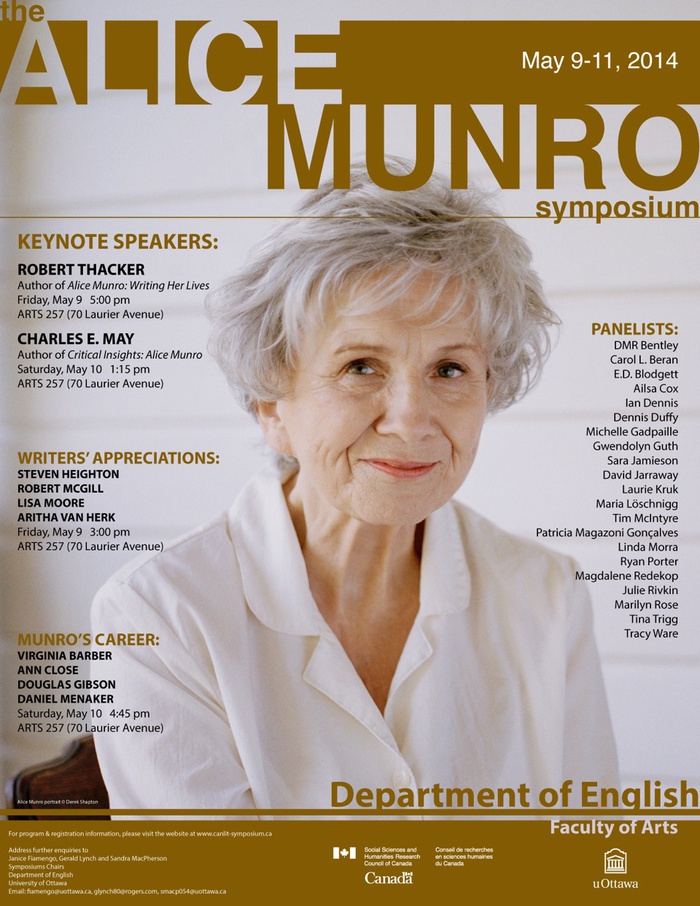
Celebrating Alice Munro
I'm looking forward to joining Steven Heighton, Lisa Moore, and Aritha Van Herk in a Writers' Appreciations event on May 9, part of The Alice Munro Symposium at the University of Ottawa. There will be plenty of stories to share -- and many more to celebrate. For details, click here.
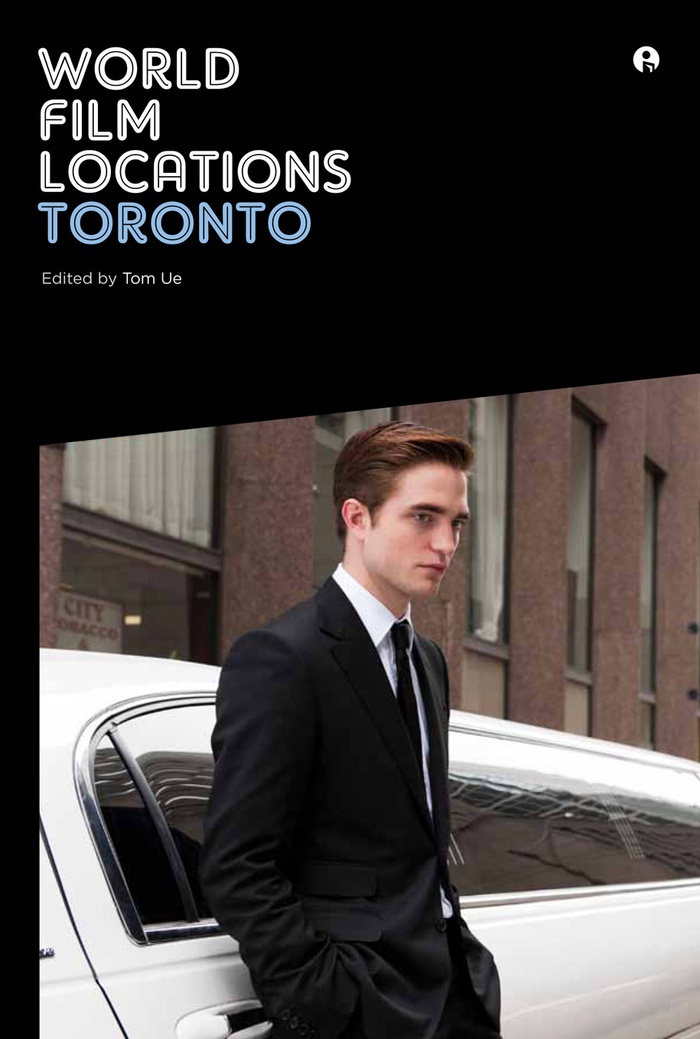
World Films Locations: Toronto
Now shipping in Canada, the US, and the UK: World Film Locations: Toronto, a lively book discussing Toronto in movies. I contributed two entries to the volume, one on a National Film Board gem, Paddle to the Sea, and one on Atom Egoyan's masterpiece, The Sweet Hereafter.
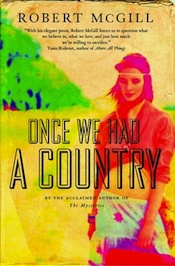
Review of Once We Had a Country in The Puritan
A new review of Once We Had a Country in The Puritan calls the novel "the powerful, sad, and touching story of a young woman trying to make her way in a foreign land." Read the review here.
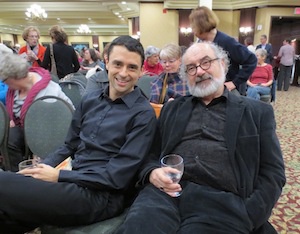
Grimsby Author Series
Monday I had a great time reading with the lovely Wayne Grady in Grimsby as part of the Grimsby Author Series. They run a first-class show.
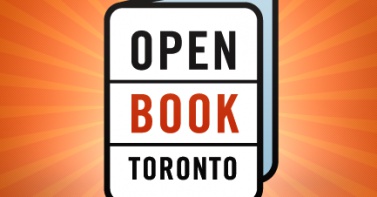
Authors' Resolutions for 2014
Open Book Toronto has just posted an article revealing the New Year's resolutions of various authors, including me. Read the article here.
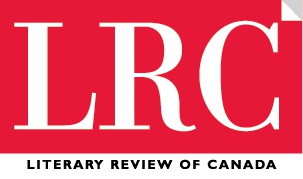
Review of Once We Had a Country in Literary Review of Canada
The new issue of Literary Review of Canada includes a review of Once We Had a Country that calls it "beautifully crafted" and says that the novel's "unflinching insights into the Canadian immigrant experience, American imperialism, television's soporific mind bath and the nature of martyrdom brilliantly illuminate a crucial turning point in our history." Thanks to reviewer Joyce Kline for the kind words.
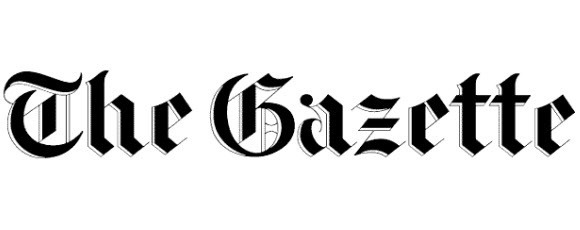
Once We Had a Country on Ian McGillis's Best-of-2013 List
Once We Had a Country has made Montreal Gazette reviewer Ian McGillis's best-of-2013 list. Read the article here.

Once We Had a Country on Philip Marchand's Best-of-2013 List
In the National Post, Philip Marchand has included Once We Had a Country on his list of favourite books from 2013, calling it a "note-perfect narrative with challenging themes and sure-handed characterization." For the full article, click here.
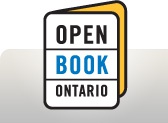
Place in Fiction
A new post on Open Book Ontario features various authors talking about place in fiction. My contribution mentions Google Earth and conversations with my grandmother. Read the post here.
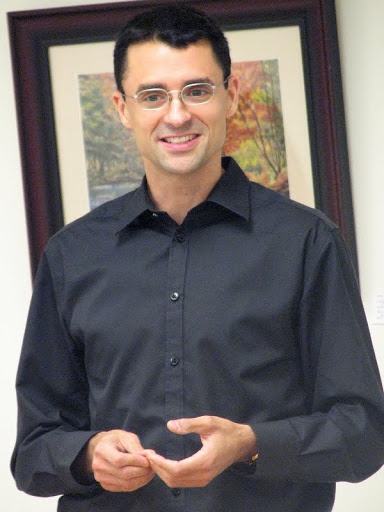
Memories of the Pelham Public Library
Last month, I read from Once We Had a Country at the Pelham Public Library in a joint event with author Julie Mannell. The library has since posted photos of the night at https://picasaweb.google.com/111484668380240094343/RobertMcGillWithJulieMannell.
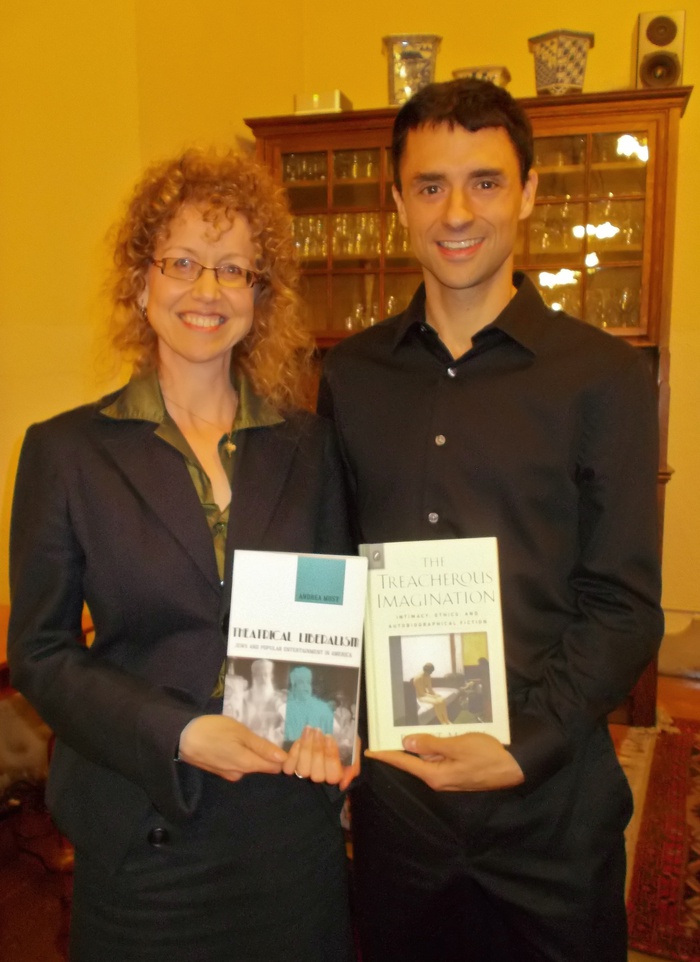
Launch for The Treacherous Imagination
Last night was the launch for my book The Treacherous Imagination: Intimacy, Ethics, and Autobiographical Fiction. It was a thrill to share the event with Andrea Most, who launched Theatrical Liberalism: Jews and Popular Entertainment in America. Thanks to everyone who came out.

"In Bed with a Novelist" in The National Post
"You can never feel comfortable with a novelist, never be sure that he will not put you into bed one day, quite naked, between the pages of a book." That's Maupassant as quoted in an article I've written about the ethics of fiction, now up on the National Post's website. The piece is adapted from my book The Treacherous Imagination. Read the article here.
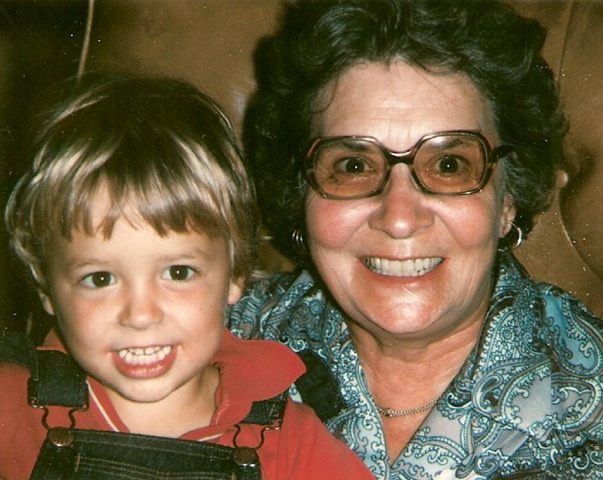
Leaping Lena
My grandmother Lena would have been 99 years old today. To mark the occasion, I'm posting a short essay about her that was broadcast on CBC Radio a few years ago.
---------
One day when my grandmother Lena was in her early seventies, living alone in a cottage on the Bruce Peninsula in Ontario, she began to feel dizzy. After she lay down, before she passed out, she looked toward the ceiling and saw herself in a green dress, floating above the bed. When she woke up, she discovered that her hand had curled into a claw, and only by staring at each finger in turn did she manage to straighten it. Over the following months, occasionally Lena found herself unable to do certain things she’d always done, like unscrew bottle tops, turn on taps. Each time she had to relearn the task through patience and willpower.It must have been a stroke, but there was no immediate diagnosis because, independent woman that my grandmother is, she didn’t tell anyone what had happened, at least not until a decade later, when she set down the memory in a story. Now, almost ninety, she’s been writing episodes from her life for eleven years, and each time she…
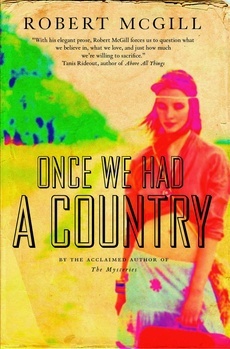
Once We Had a Country: Deleted Scene #3 — The Missus
This scene, from late in the novel, was cut because it had too much overlap with another scene involving Maggie and a teenager.
------
This time there are plenty of places to park. It isn’t a surprise, for who besides Maggie would think to visit Niagara Falls on a drizzly weekday morning in the middle of December? Only the desperate and dispossessed stroll the promenade beside the falls—alcoholics, racetrack losers. Sitting on a bench with the camera beside her, she watches a pair of teenagers walk past, the boy a few yards ahead, the girl dragging her feet, her belly’s protrusion impossible to hide. Both of them are without jackets, and neither carries an umbrella. They don’t even gaze at the cataract, as if it doesn’t exist or doesn’t matter. Periodically, the boy turns to check on the girl, and each time she smiles at him. On their own, though, they both look miserable, deep in thought. Maggie’s inclination is to feel sorry for them, but when the girl catches her staring at them from her bench, she stares back with derision, for there’s Maggie without an umbrella, either, and without a baby coming or someo…
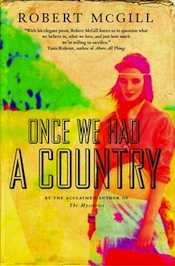
Interview: "Robert McGill Loves a Good Mystery"
Barrett Hooper has coaxed me into speculating on casting choices for a film version of Once We Had a Country. Read the interview here.
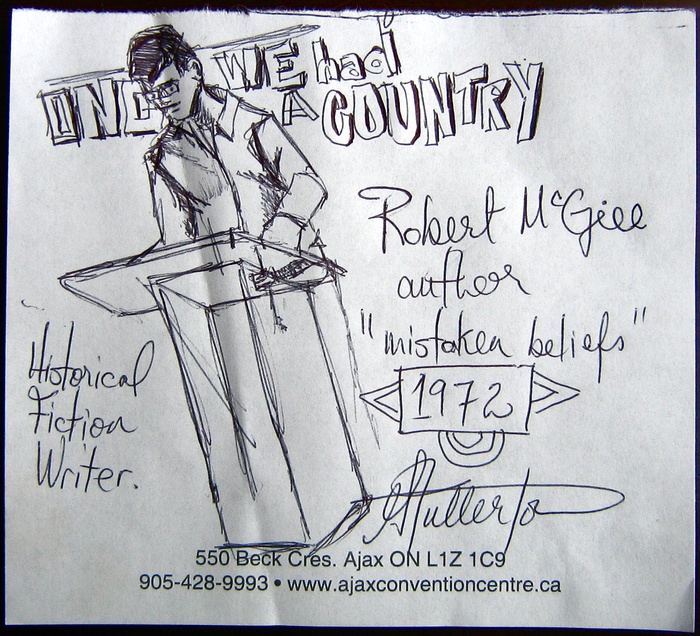
Writers' Community of Durham Region
Yesterday, after I talked shop with the delightful Writers' Community of Durham Region, I was given this sketch by artist Georgia Fullerton, and it made my day. (Check her out at www.justgeorgia.ca.)
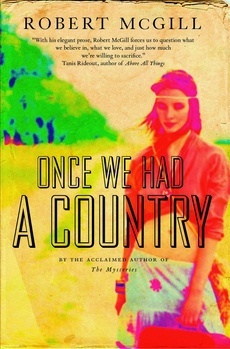
Once We Had a Country: Deleted Scene #2 — The Freighter
This scene was a favourite but had to be cut because it was too divorced from the plot.
The next day, in the swelter of the afternoon, Fletcher gets fed up with painting and decides they should all drive down to see Niagara Falls. Maggie doesn’t know why he’s one who gets to say when they can stop work to have fun, but the heat in the farmhouse has turned her brain to bouillabaisse, so she doesn’t complain.
Things aren’t much better in the station wagon, after Brid hands the keys to Fletcher and claims the passenger seat for herself, telling Maggie to play Mommy for a while in the back. Pauline seems no happier than Maggie with this arrangement. She fidgets in her safety seat with her curly-haired doll and calls for her mother, while Brid and Fletcher talk to each other up front, Brid’s thin, freckled arm reaching out to lay a hand on Fletcher’s headrest, her bracelets clinking together like ice in a glass.
She’s taller than I am, thinks Maggie. They’d be a better match. He wouldn’t have to stoop to kiss her. The i…
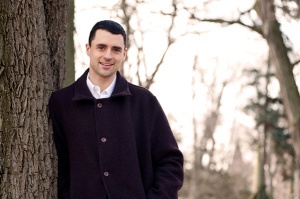
Interview in The Town Crier
An interview with me by Tyler Willis has just appeared in The Town Crier. Read the interview here.
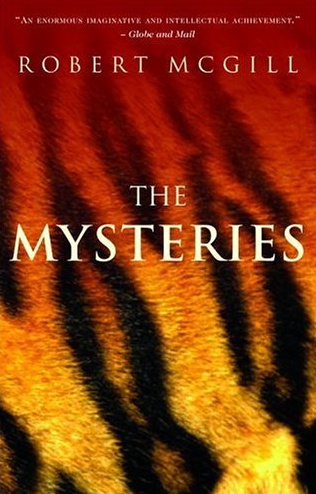
The Mysteries Revisited
With Once We Had a Country now out, a lyrical, thoughtful take on my first novel, The Mysteries, has just been published on the blog "Letterblocks": read it here.
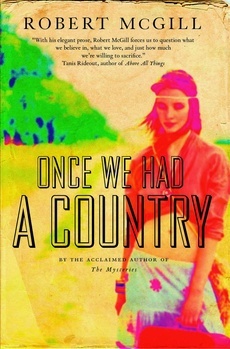
Once We Had a Country: Deleted Scene #1 — Pillow Talk
In Once We Had a Country, the main character, Maggie, spends a lot of time filming her life with a Super 8 camera. As I wrote the novel, sometimes I thought of myself as similarly creating a film rather than a book. I was the director, cinematographer, set designer, dialect coach, lighting engineer, foley artist, and caterer by turns.
The hardest role might have been editing—especially when it came to cutting scenes. Nowadays, filmmakers faced with the need to trim their movies can at least include a “Deleted Scenes” feature on the DVD version of their films. I’m going to follow their lead by featuring some deleted scenes from Once We Had a Country on this site.
The first, brief scene is below. It features Maggie and Fletcher, her boyfriend of six months, talking in bed after having …
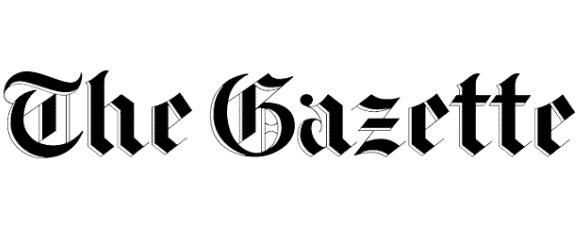
Montreal Gazette Review of Once We Had a Country: "Nigh-On Flawless"
The Montreal Gazette weighs in on Once We Had a Country: "One of the most original and emotionally affecting Canadian novels of recent years." Read the full review here.
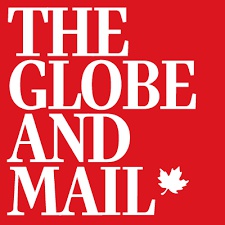
Globe and Mail Review of Once We Had a Country
The Globe and Mail calls Once We Had a Country "an immersive and harrowing tale." Read the full review here.

Interview on Global TV's The Morning Show
Today I was on Global TV's The Morning Show to talk about Once We Had a Country. Watch the interview here.

National Post Review of Once We Had a Country
Philip Marchand's review of Once We Had a Country is now up on the National Post website. Marchand calls the novel "a wonderfully sustained performance, thought-provoking and emotionally truthful." Read the full review here.
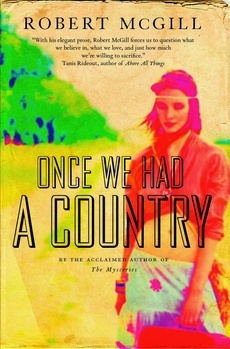
Once We Had a Country: Q&A
Q: How would you summarize your novel in one sentence?
In 1972, a young American woman moves to the Niagara Peninsula and struggles to remake her life on a commune after becoming estranged from her father, a missionary in Laos.
Q: Why write about 1972?
It was a year of iconic events: Nixon’s re-election, the Munich Olympics, the Watergate break-in, Jane Fonda in North Vietnam, the famous photo of Kim Phuc burned by napalm and running naked down a road. It was the year George Carlin was charged with obscenity for “Seven Words You Can Never Say on Television.” There was Fischer vs. Spassky in Iceland; there was Apollo 17, the last manned mission to the moon.
In Canada, it was the year of the Summit Series and a federal election that reduced Pierre Trudeau’s Liberals to a minority government. 1972 was the end of a spectacular period in Canadian history that had started with Expo ’67 and the Centennial and that included the October Crisis, as well as the legalization of homosexuality and contrac…
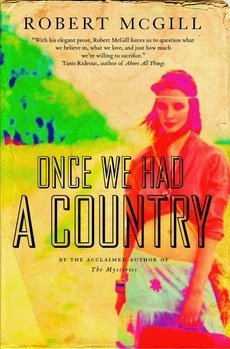
Once We Had a Country: Sneak Preview
My new novel, Once We Had a Country, will be published by Knopf Canada on August 6. The opening scene is below. You can find out more about the novel here, and you can order it from Amazon or Indigo.
In the jungle, Gordon tends a fire beside Yia Pao, the young potter whose soul he hopes to save. It is 1972, the rainy season in Laos, and the two of them shouldn’t be here. Nobody should. Although they are barely a mile from the refugee camp, without knowing it they have crossed into a free-strike zone. The lines keep shifting because the Communists keep gaining ground, but the Royal Lao and American generals don’t bother making announcements when the boundaries are redrawn. Instead, they simply order their warplanes to treat anybody on the ground as the enemy. Ever…

The Maxims: W. G. Sebald on Writing
The following piece was first published in Five Dials. You can view the issue here.
The Collected ‘Maxims’: W. G. Sebald on Writing
Recorded by David Lambert and Robert McGill
W. G. Sebald taught his final fiction workshop at the University of East Anglia during the autumn of 2001. In the literary world, he was rapidly gaining renown: there had been the succès d’estime of his first three books and then the publication of Austerlitz earlier that year. In the classroom—where David Lambert and I were two of sixteen students—Sebald was unassuming, almost shy, and asked that we call him Max. When discussing students’ work, he was anecdotal and associative, more storyteller than technician. He had weary eyes that made it tempting to identify him with the melancholy narrators of his books, but he also had a gentle amiability and wry sense of humour. We were in his thrall. He died three days after the final class.
As fa…
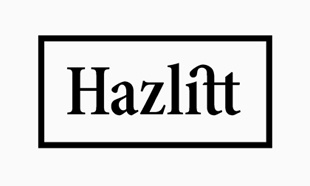
"The Stress of Lives" in Hazlitt
Hazlitt has just published my short story "The Stress of Lives." It's about a famous Hungarian-Canadian endocrinologist, Hans Selye, being reincarnated as a chimp. You can read it here.
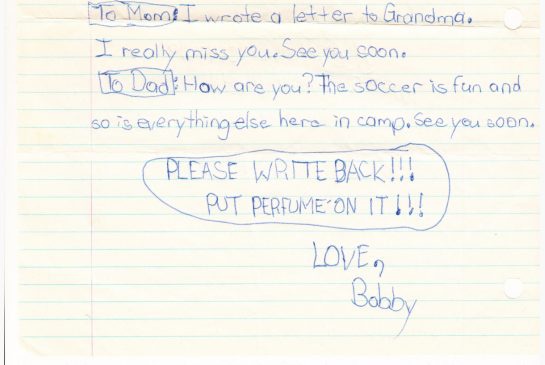
Young Love at Camp Celtic
The Toronto Star has just published a short article by me about falling in love at at summer camp. The story involves the hula, Capture the Flag, and my mother's perfume. Read the story here.

Once We Had a Country on The Toronto Star's To-Read List
The Toronto Star has included Once We Had a Country on its best-of-summer-reading list: check out the list here.
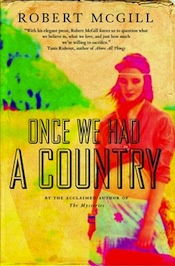
First Review for Once We Had a Country
A rave review of Once We Had a Country has appeared on lazyday.ca. Read the review here.
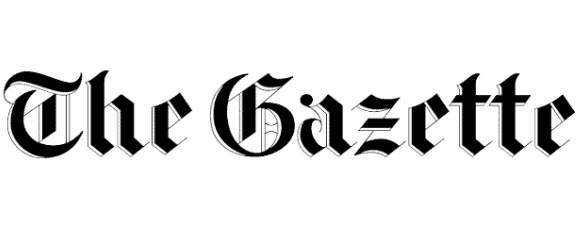
Once We Had a Country in The Montreal Gazette’s Summer Fiction Preview
Once We Had a Country was among the recommendations in yesterday’s Montreal Gazette summer fiction preview. Check out the preview here.